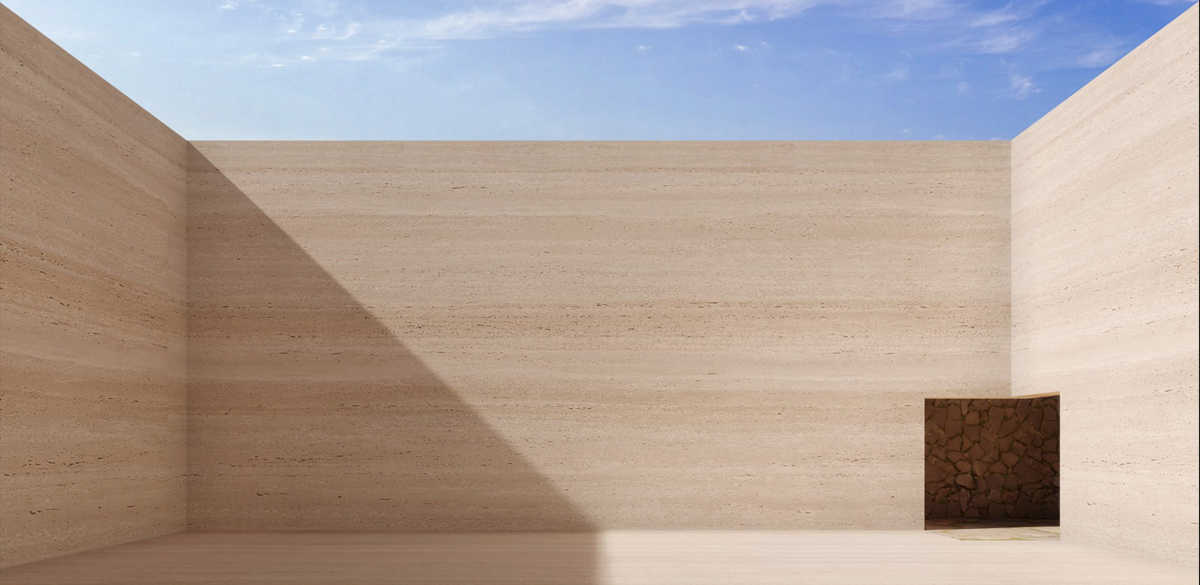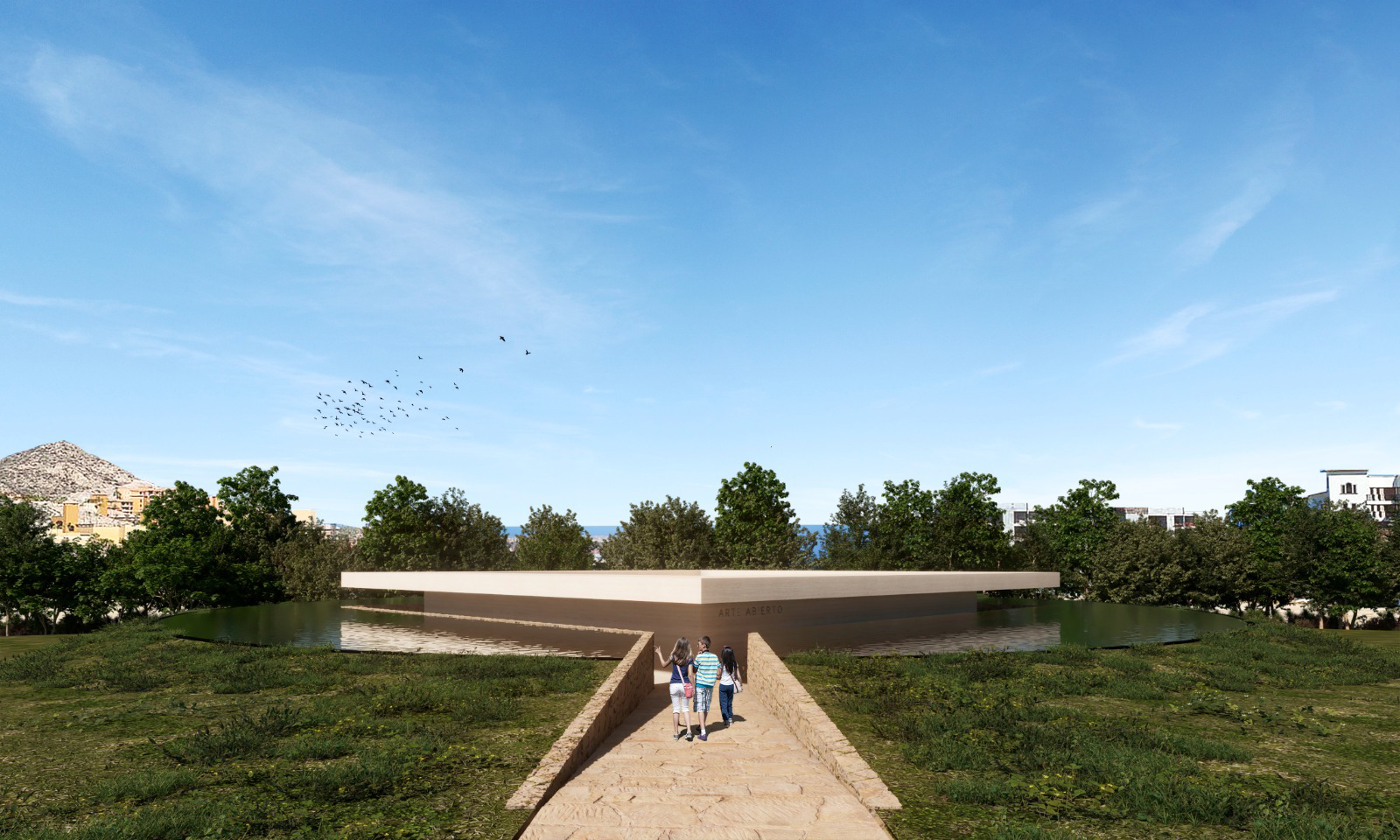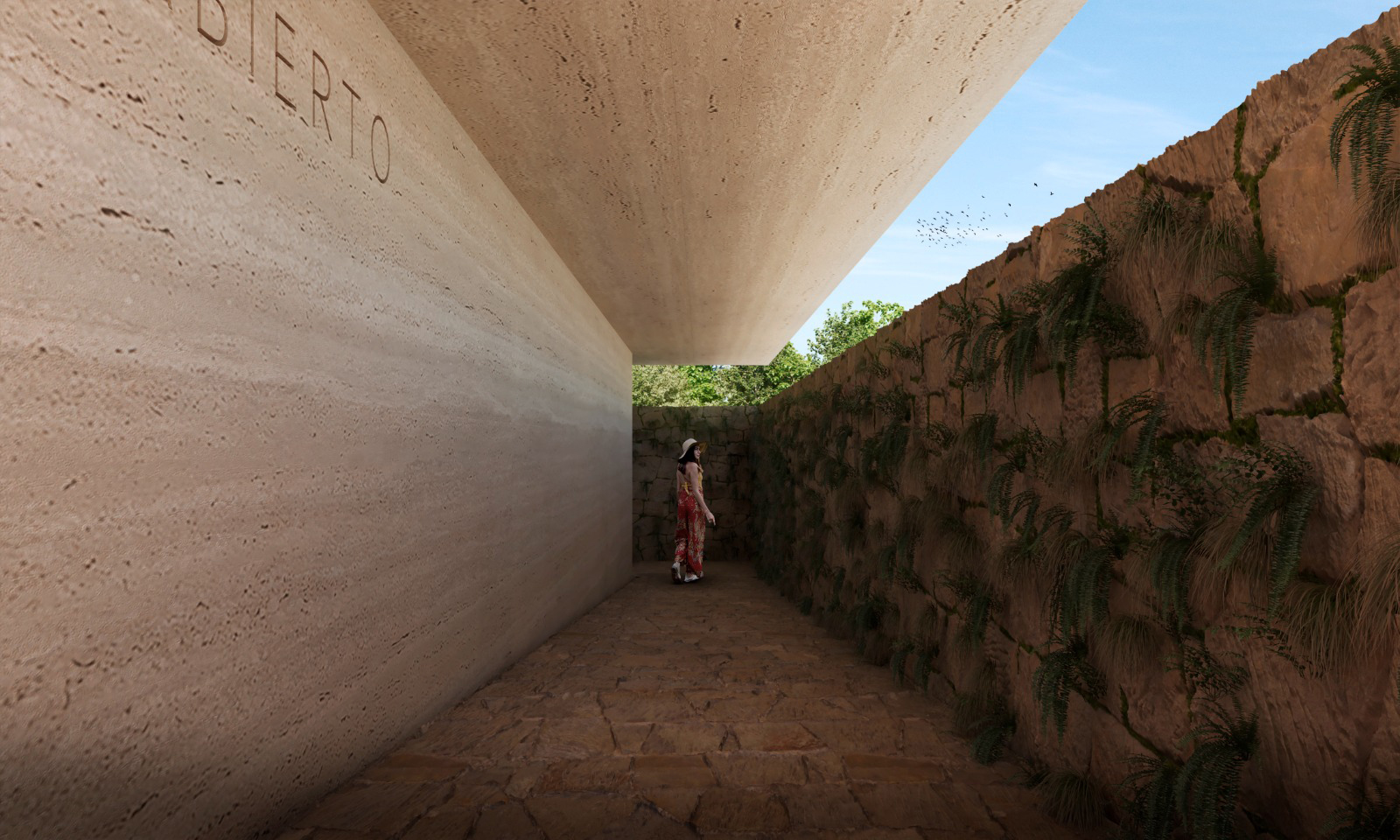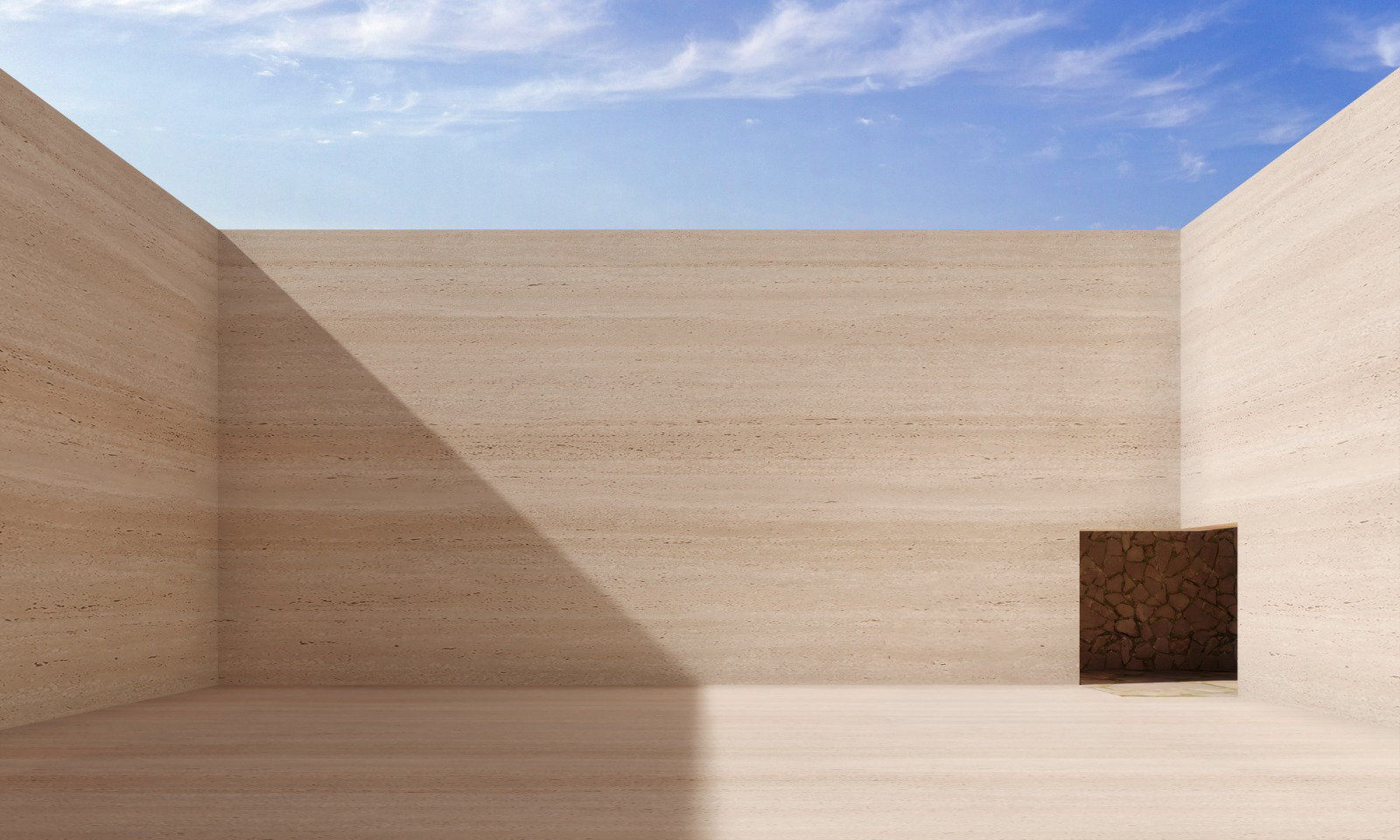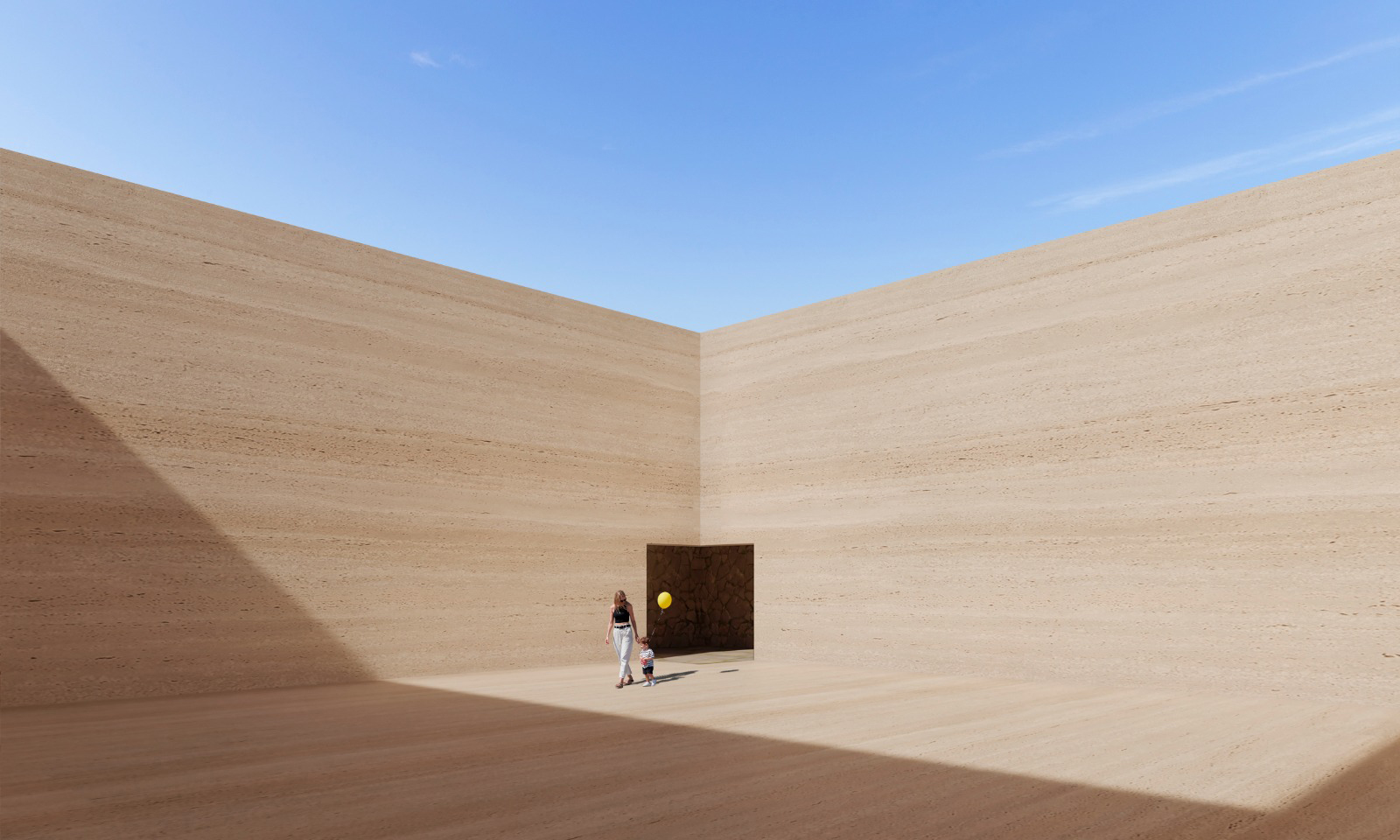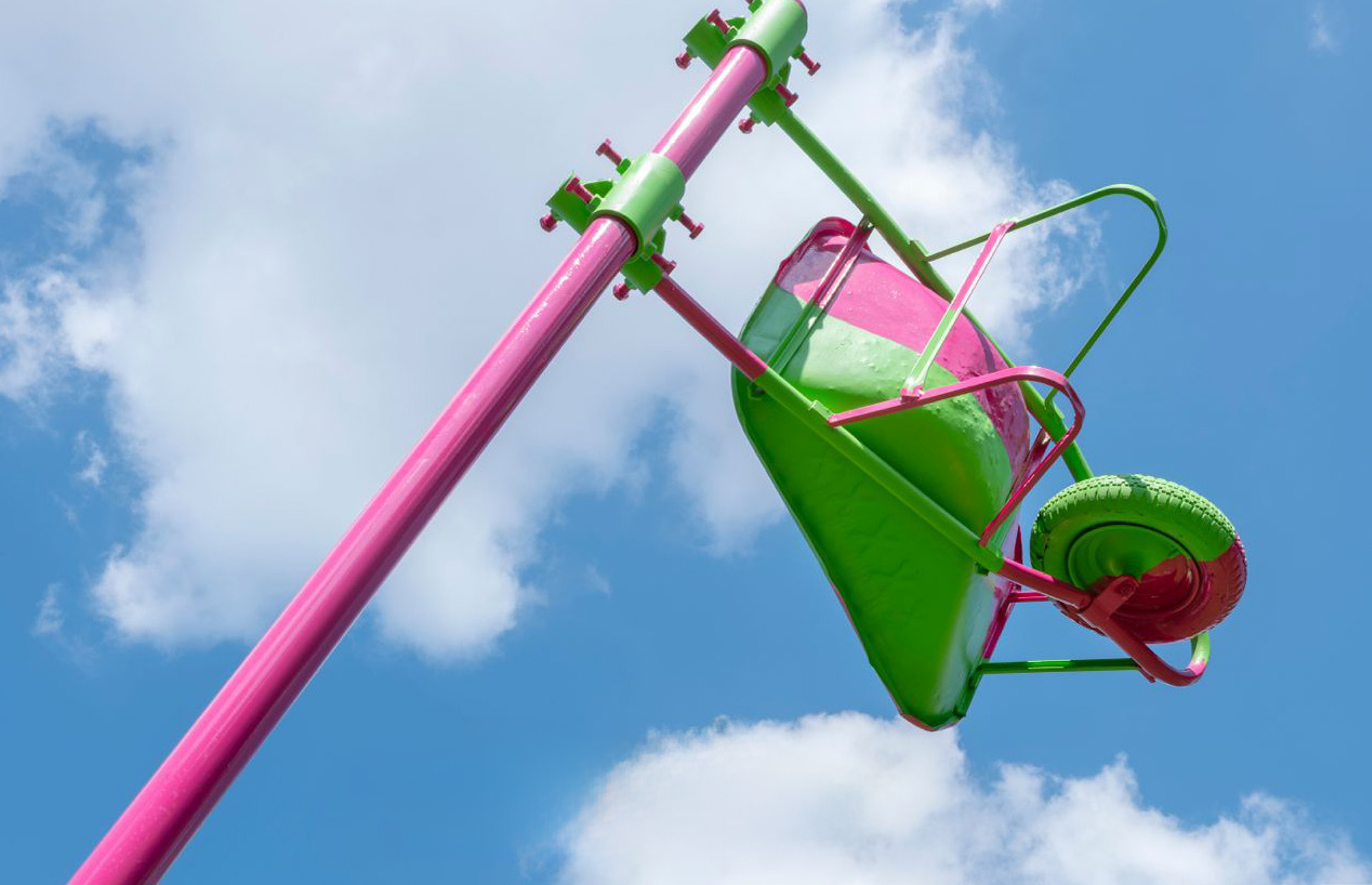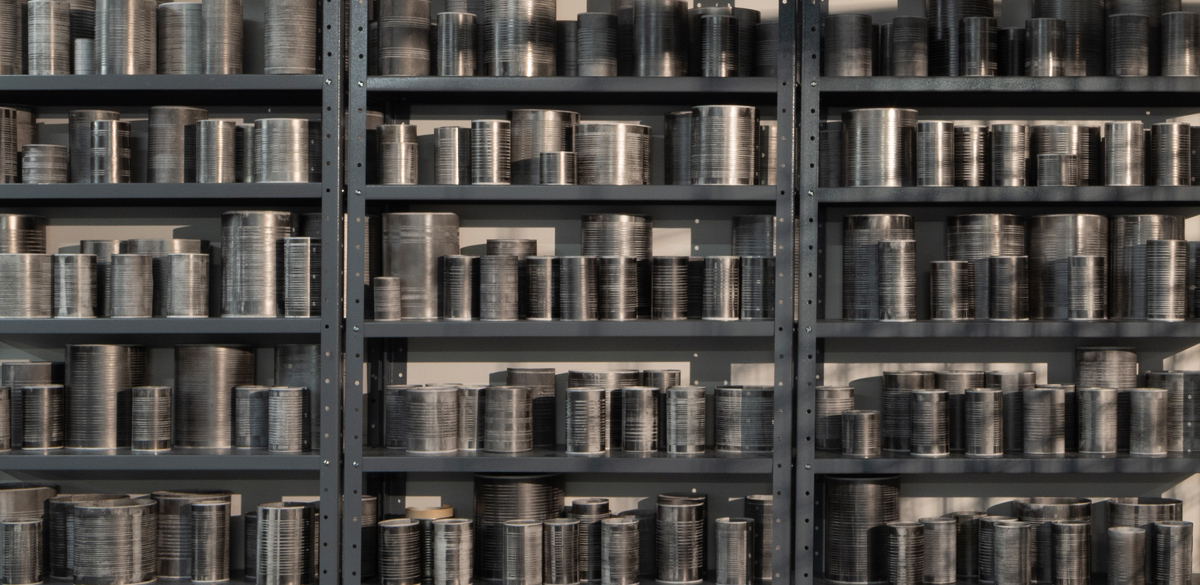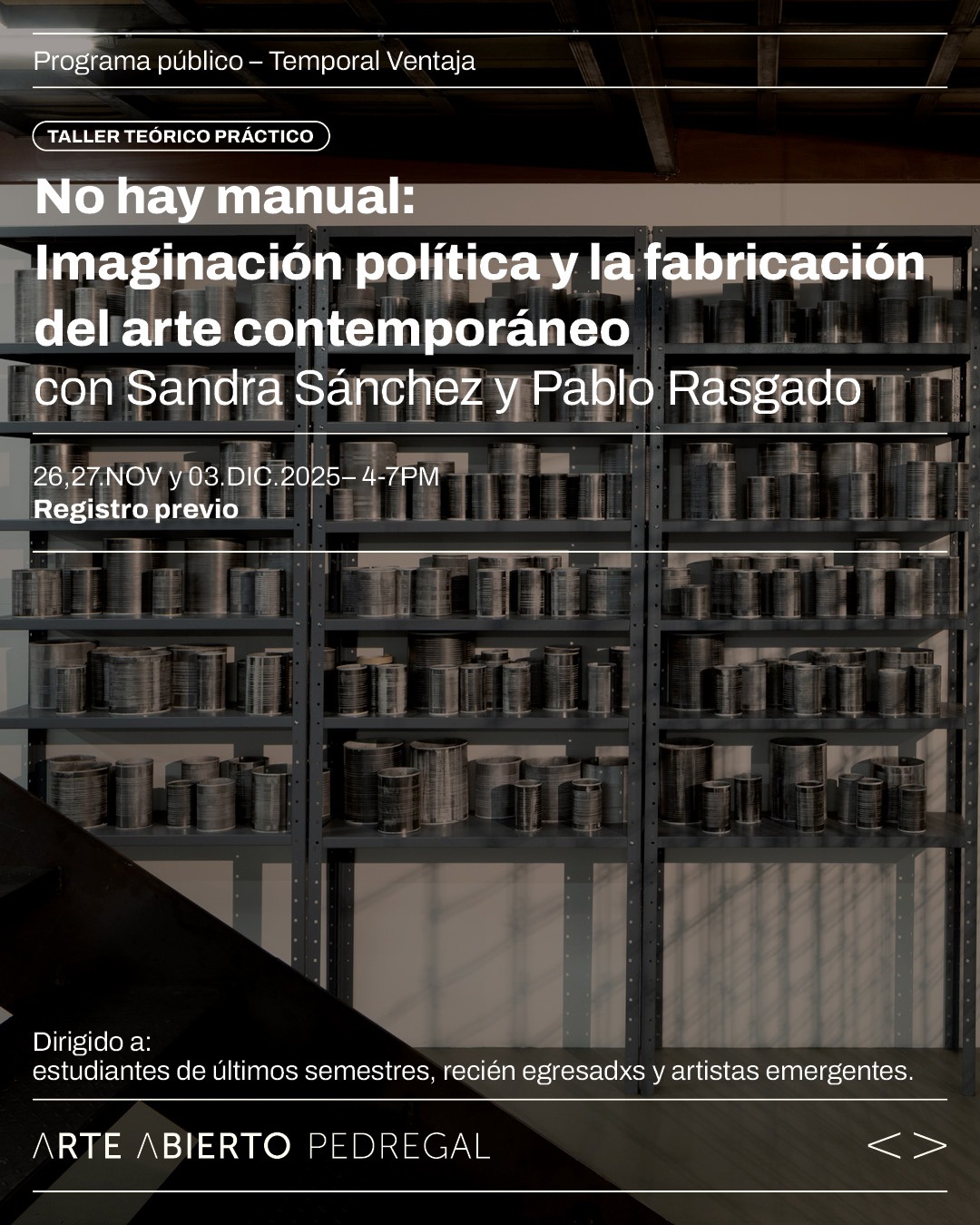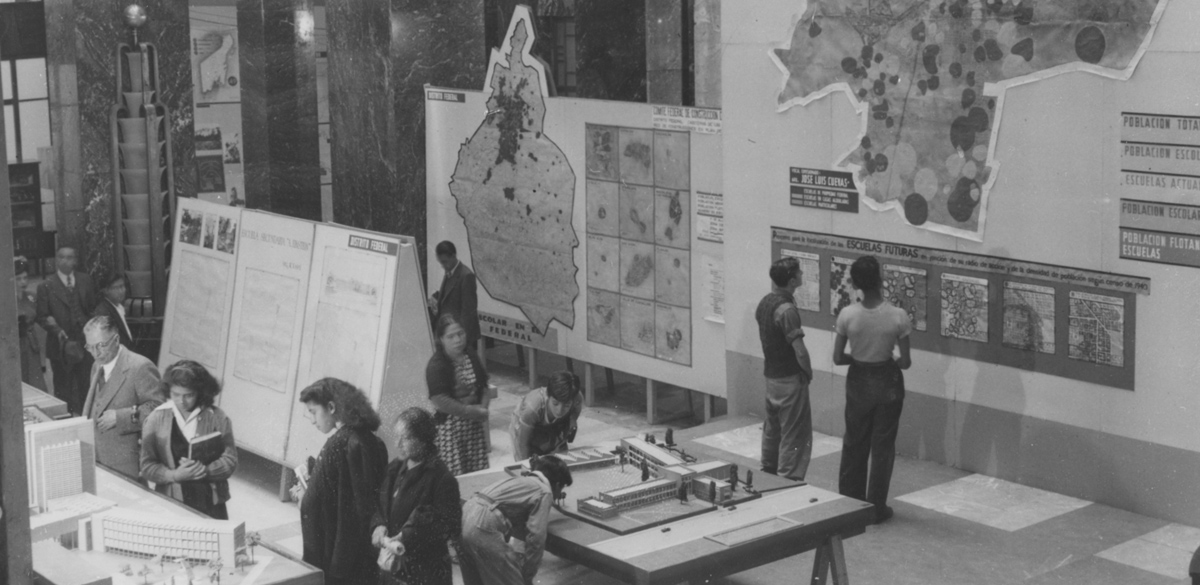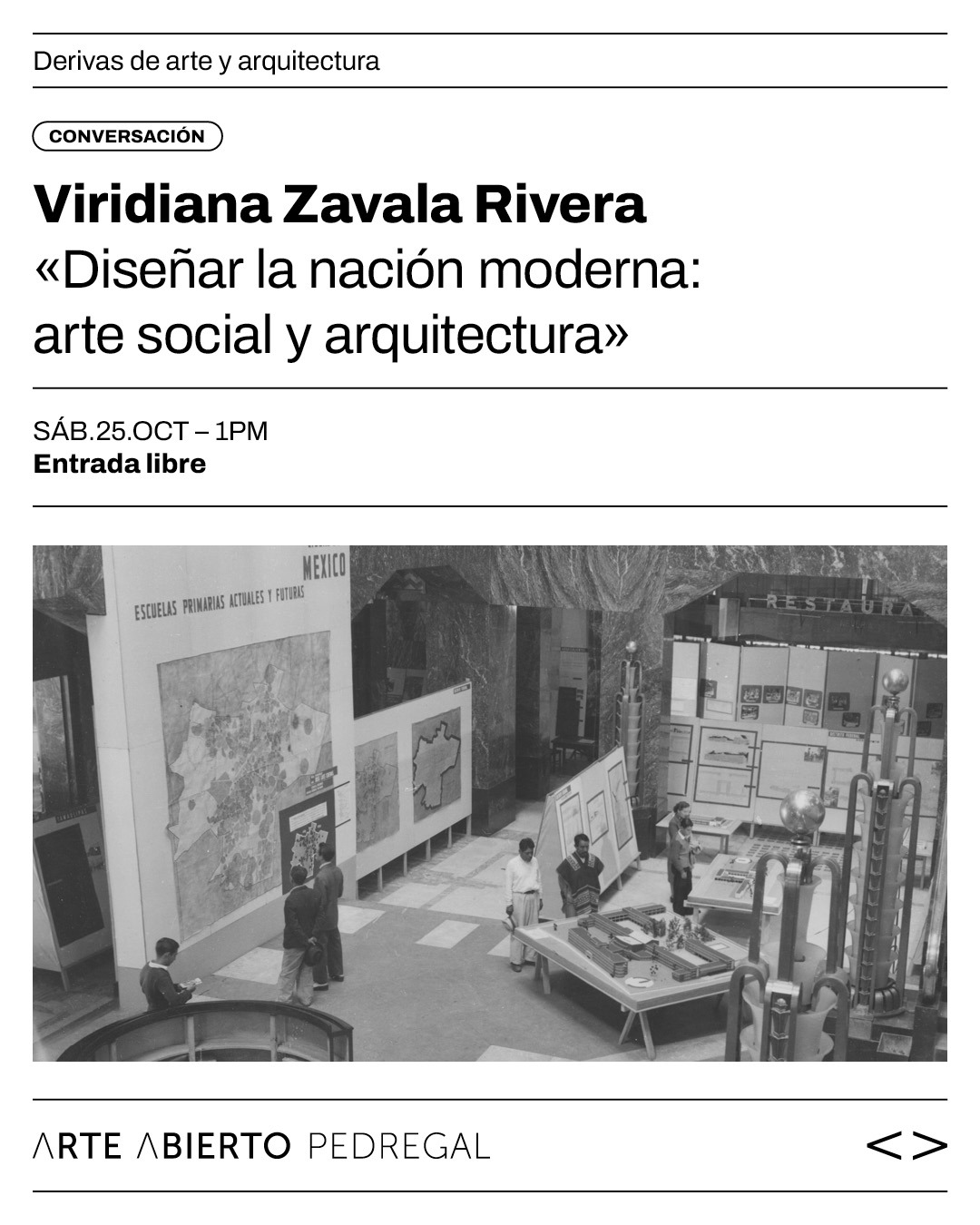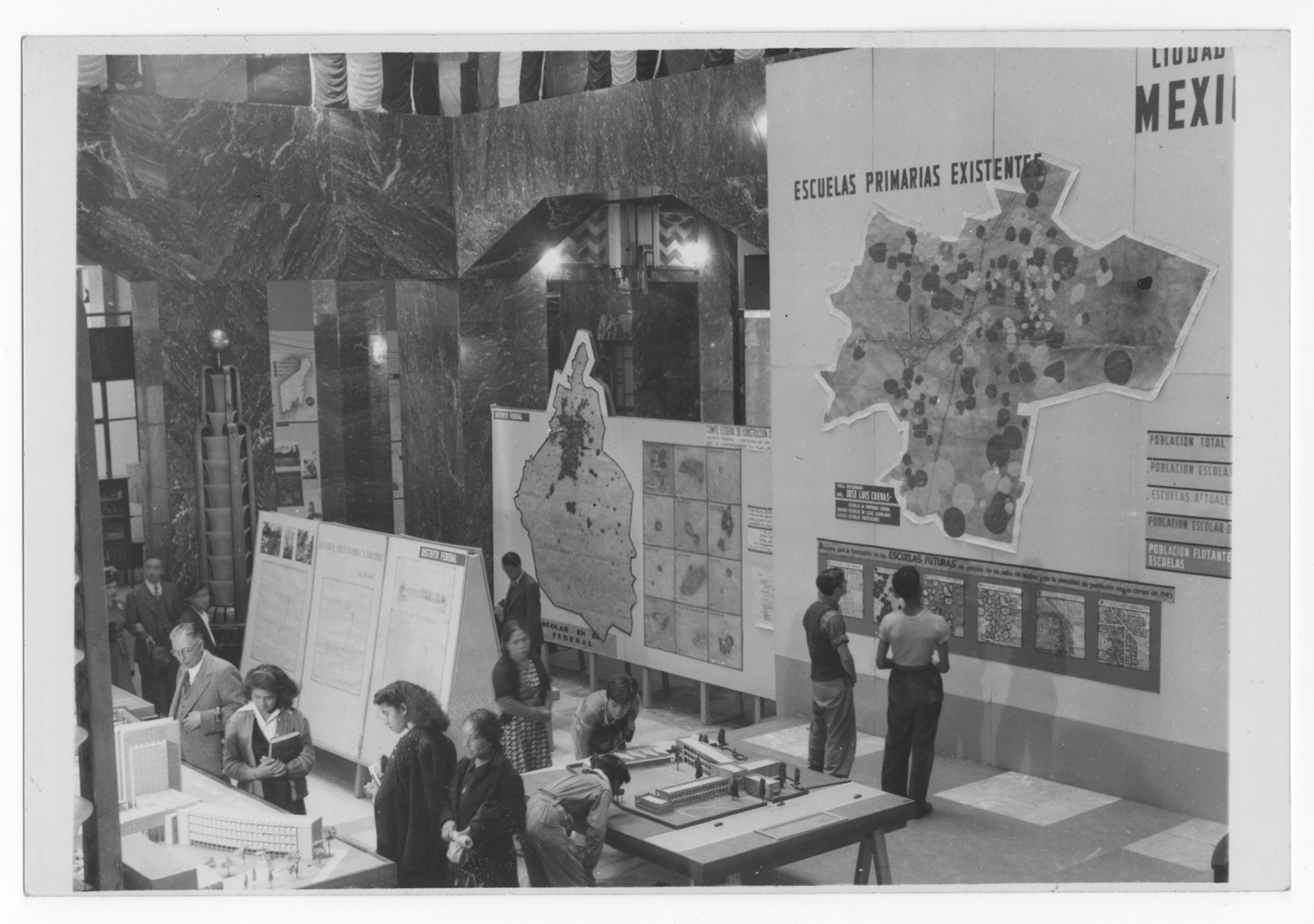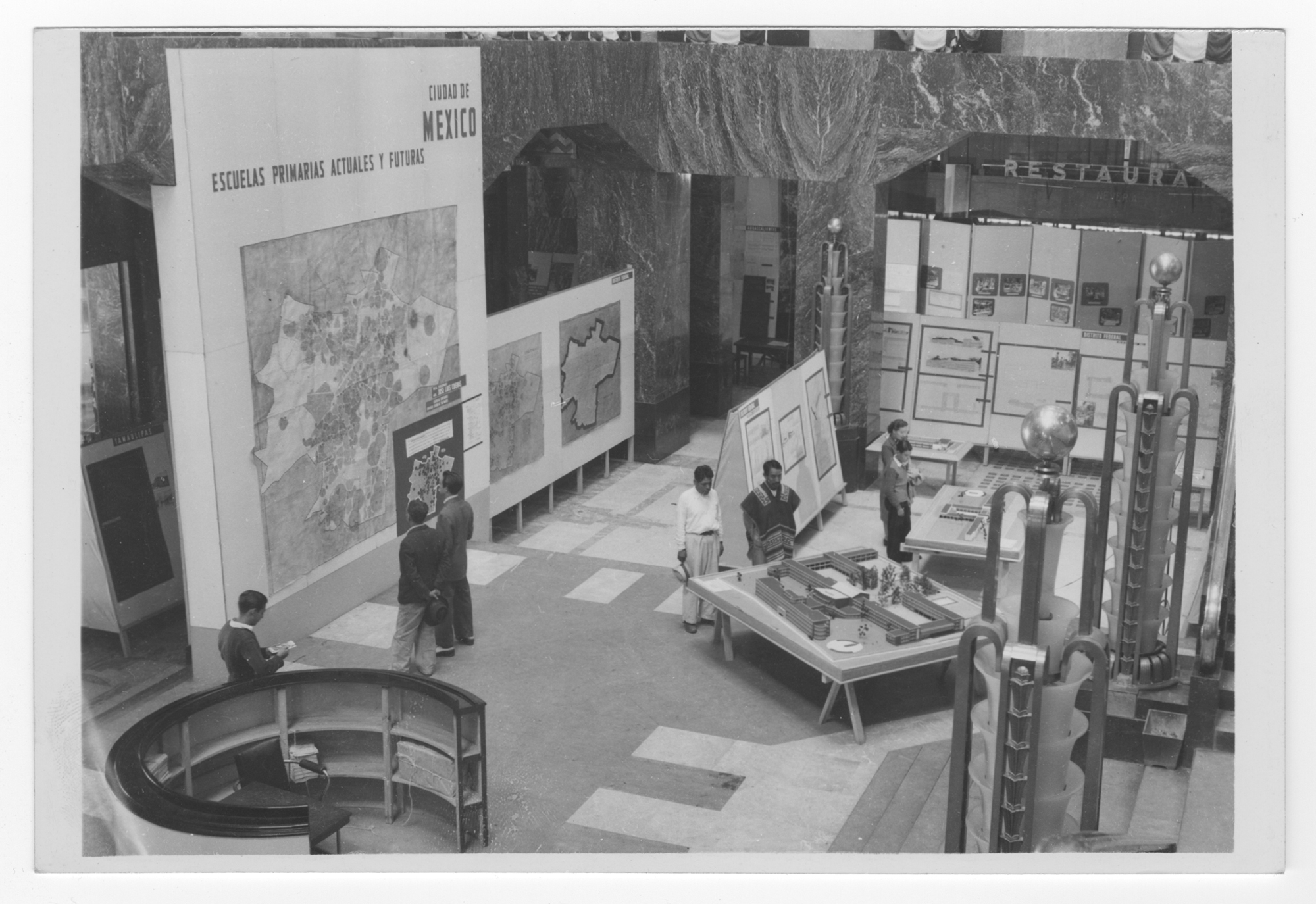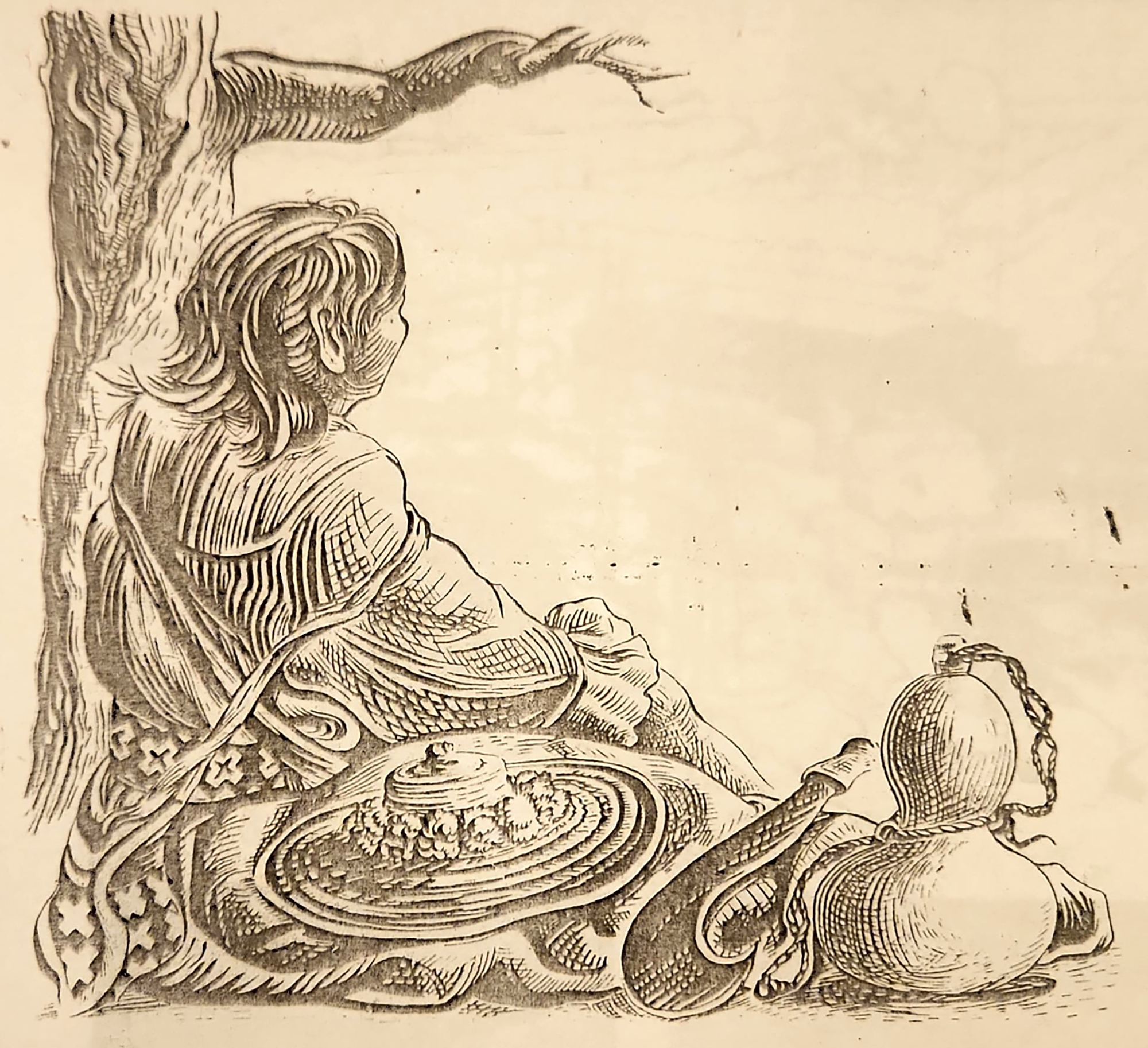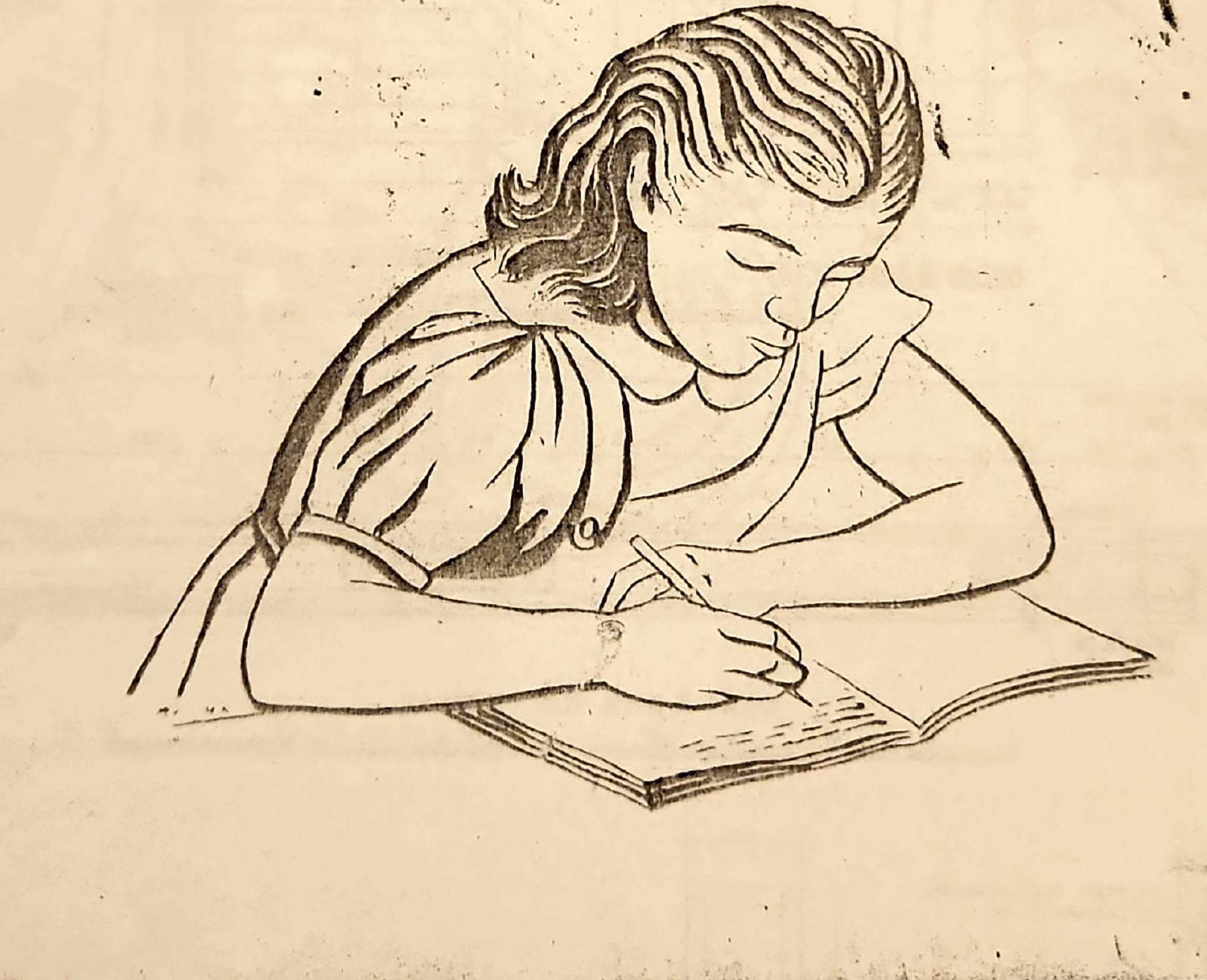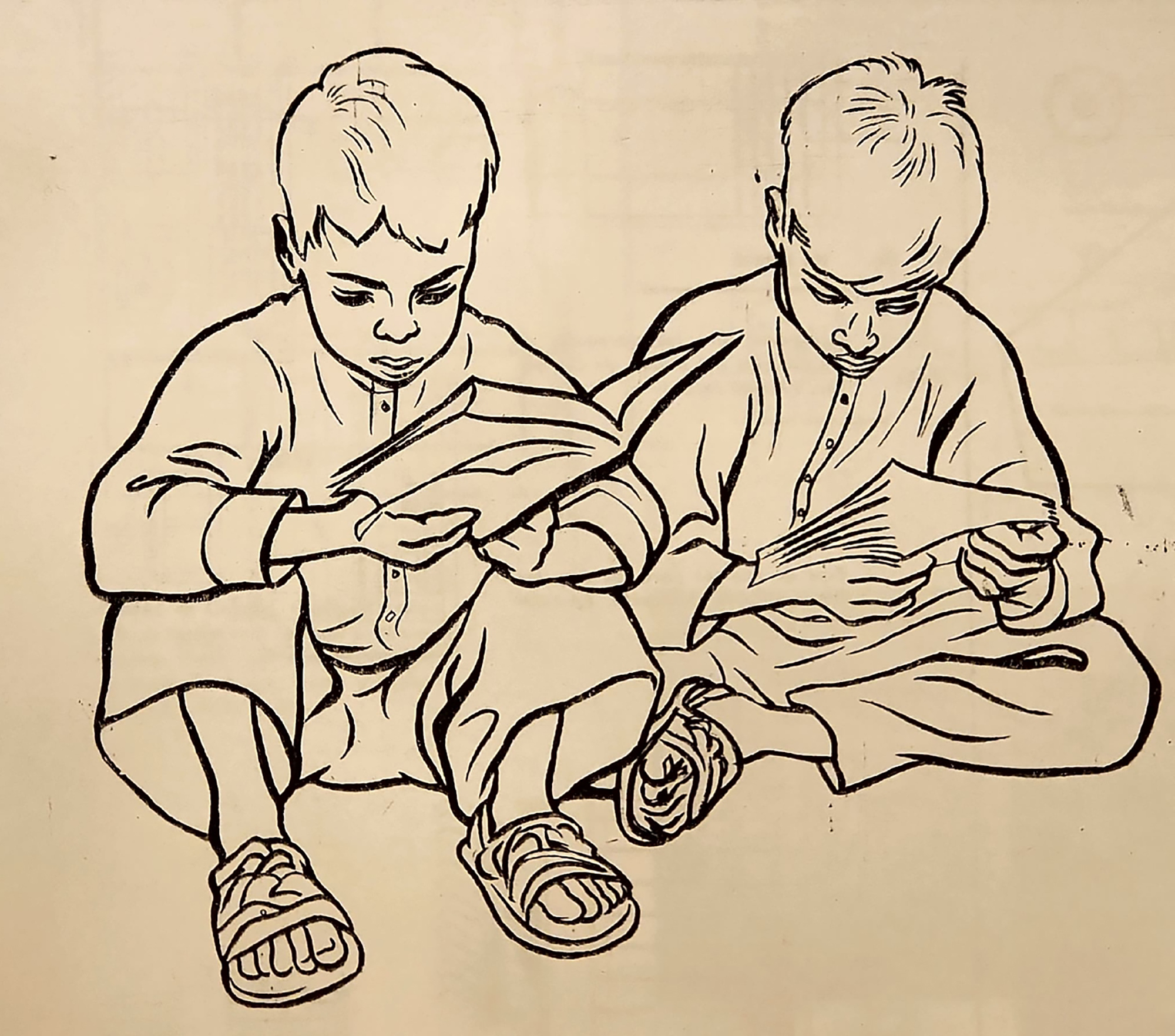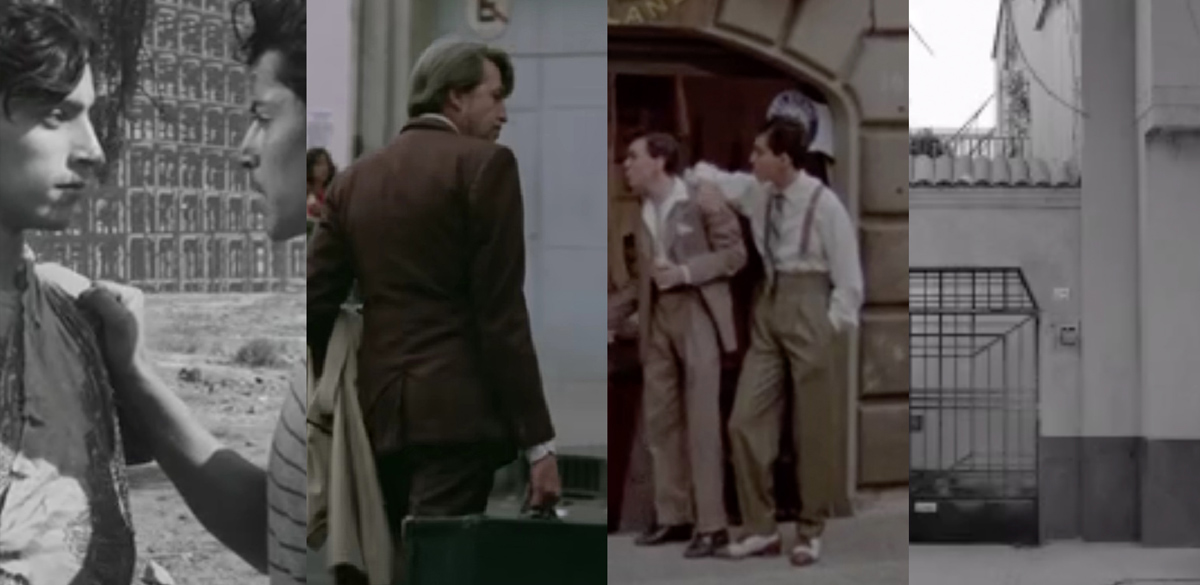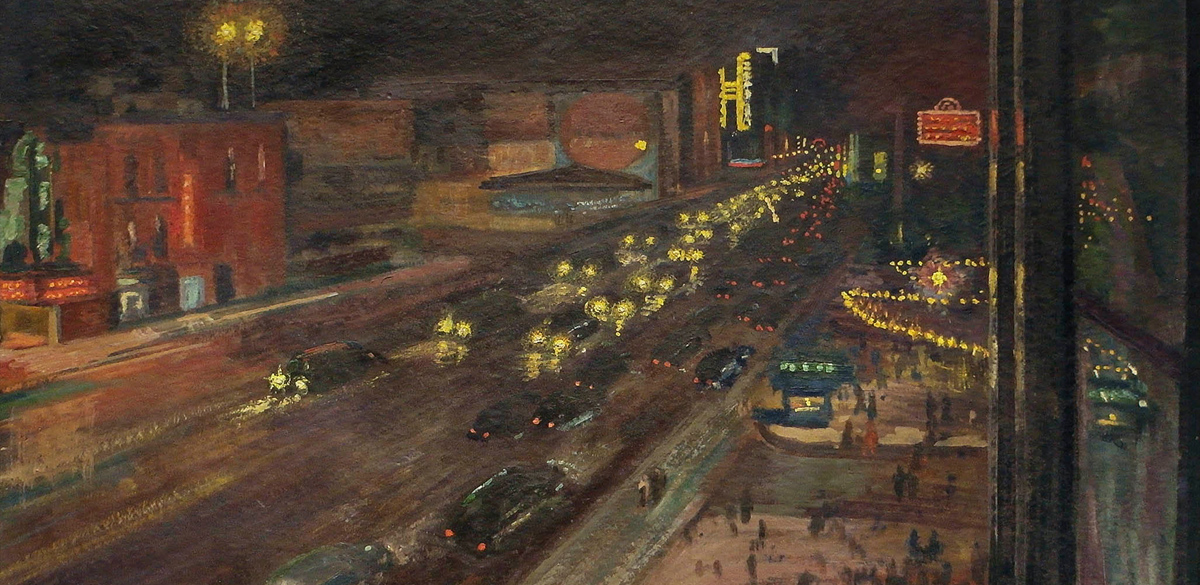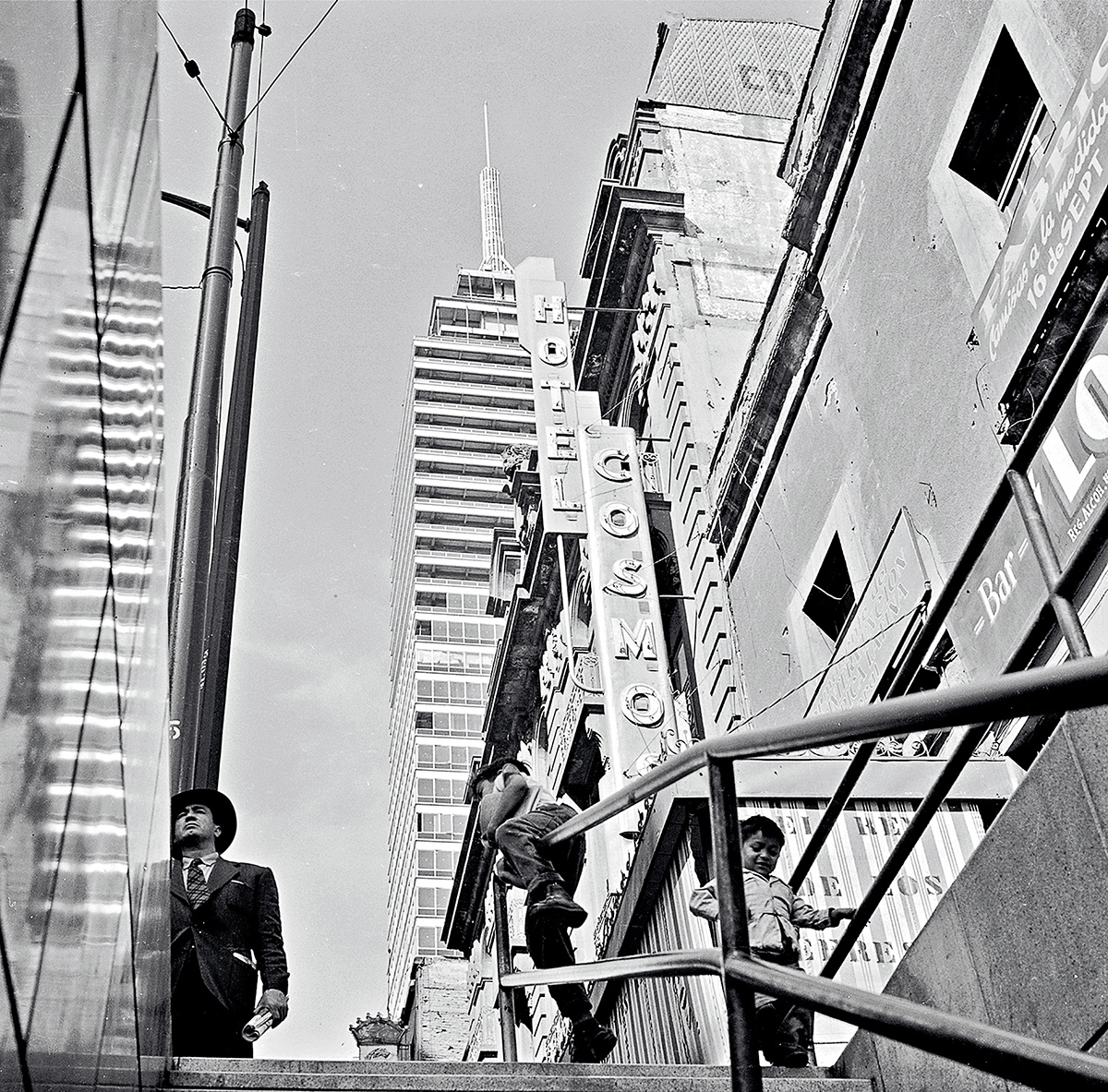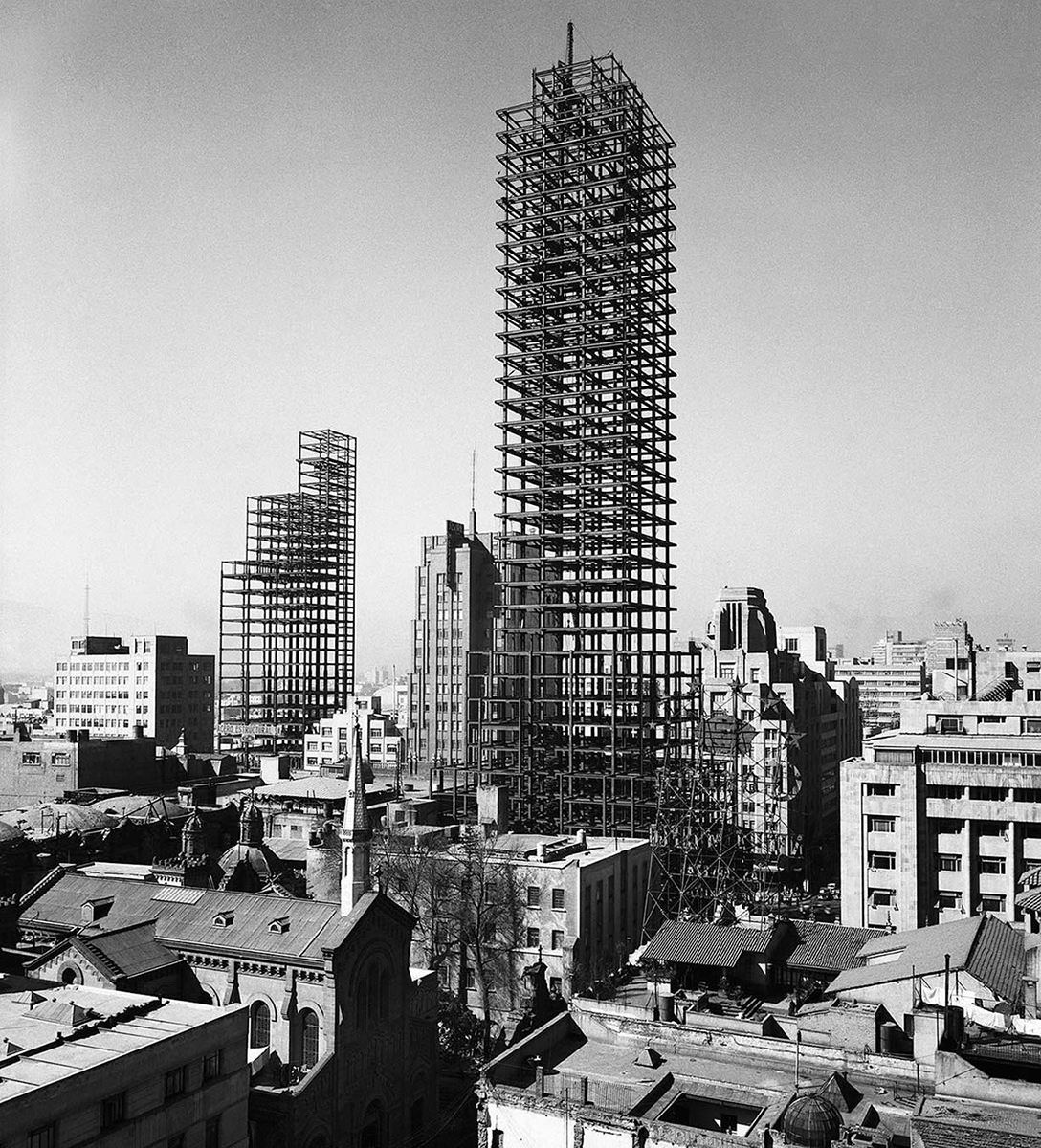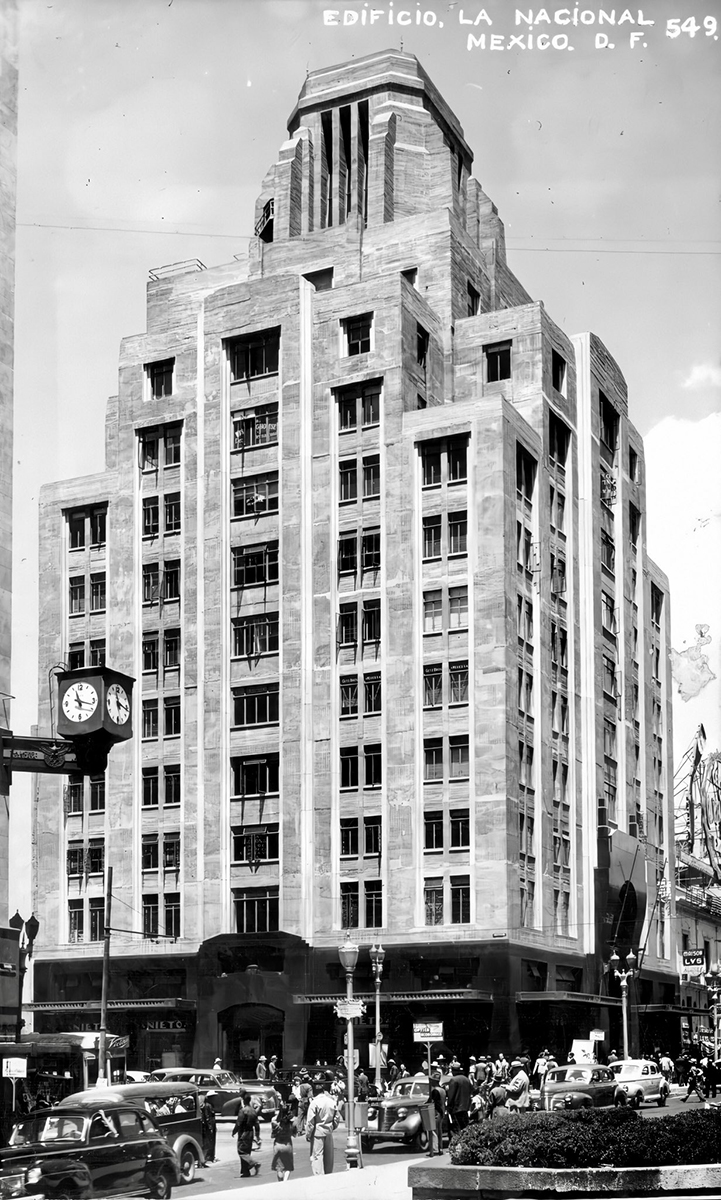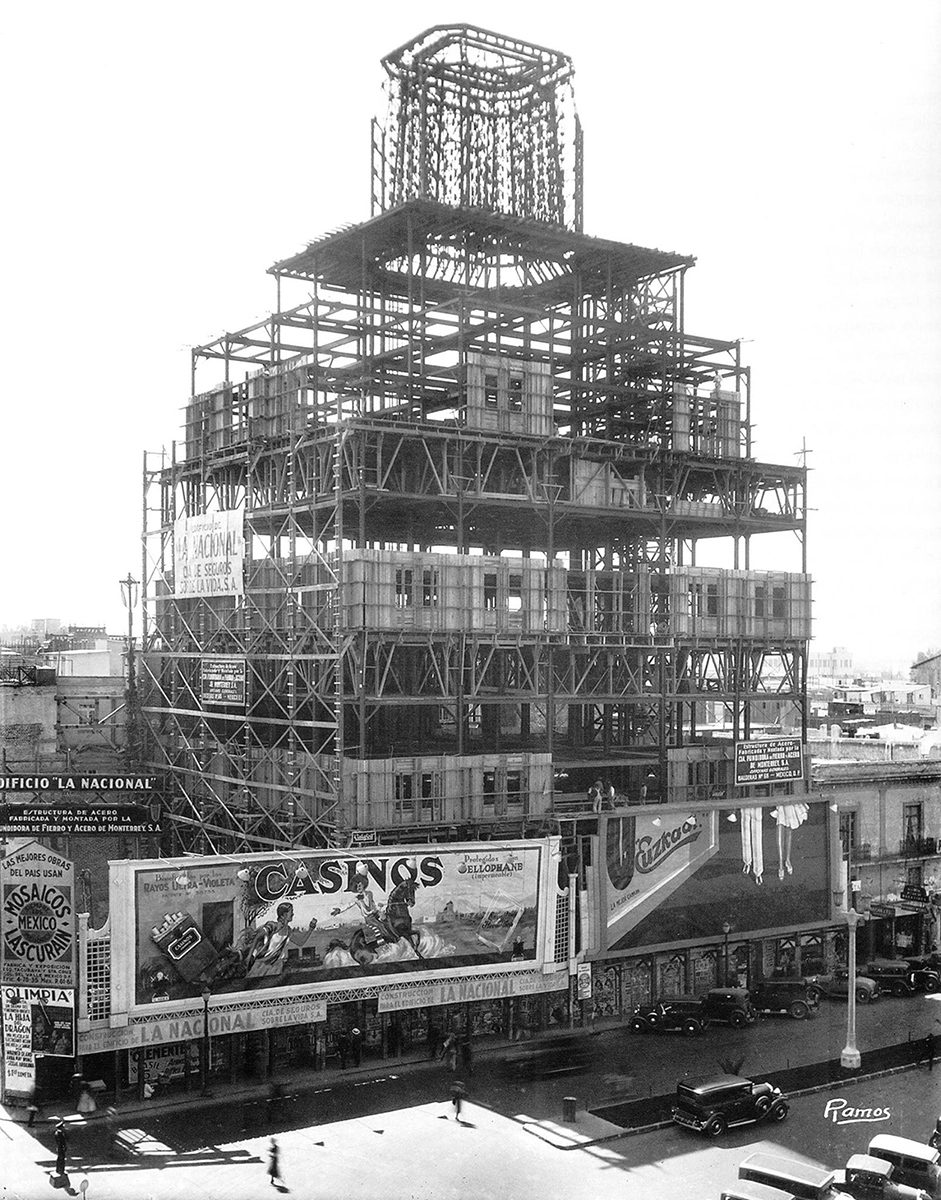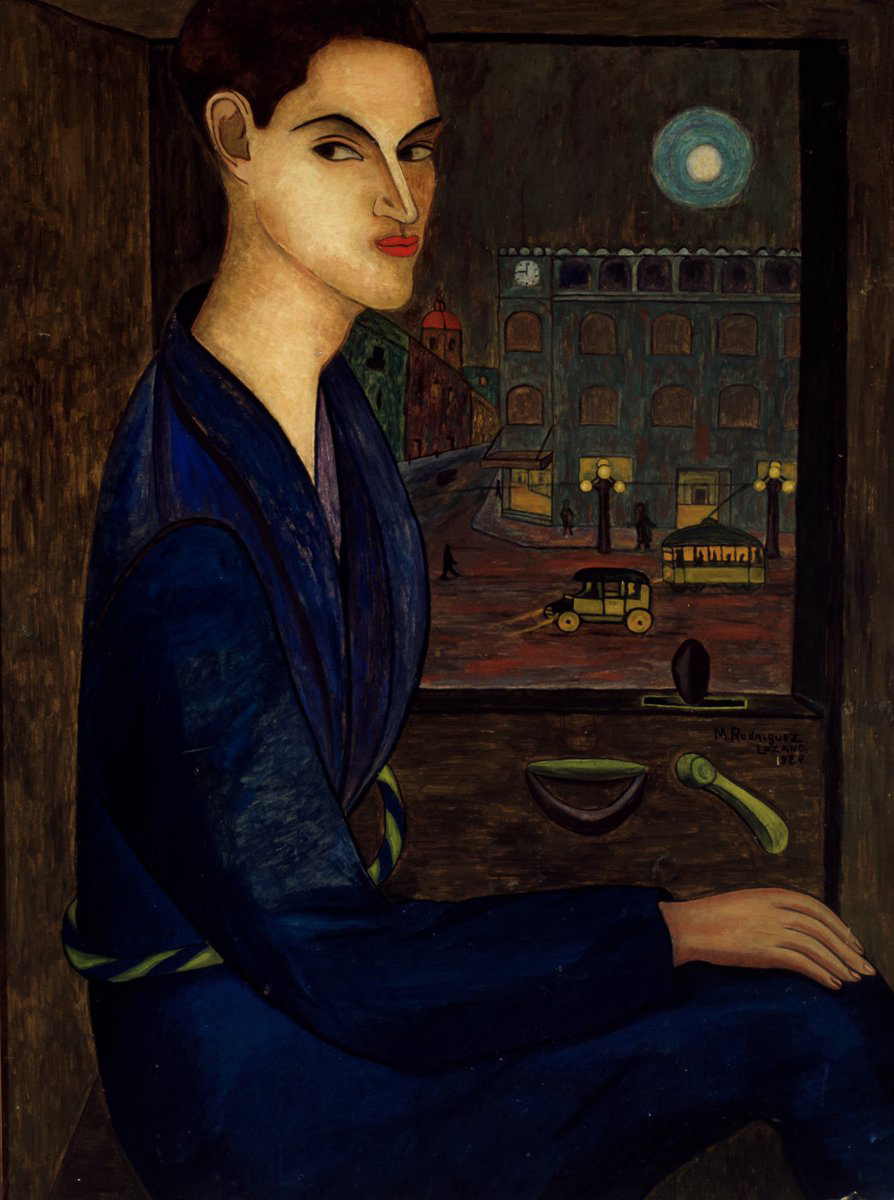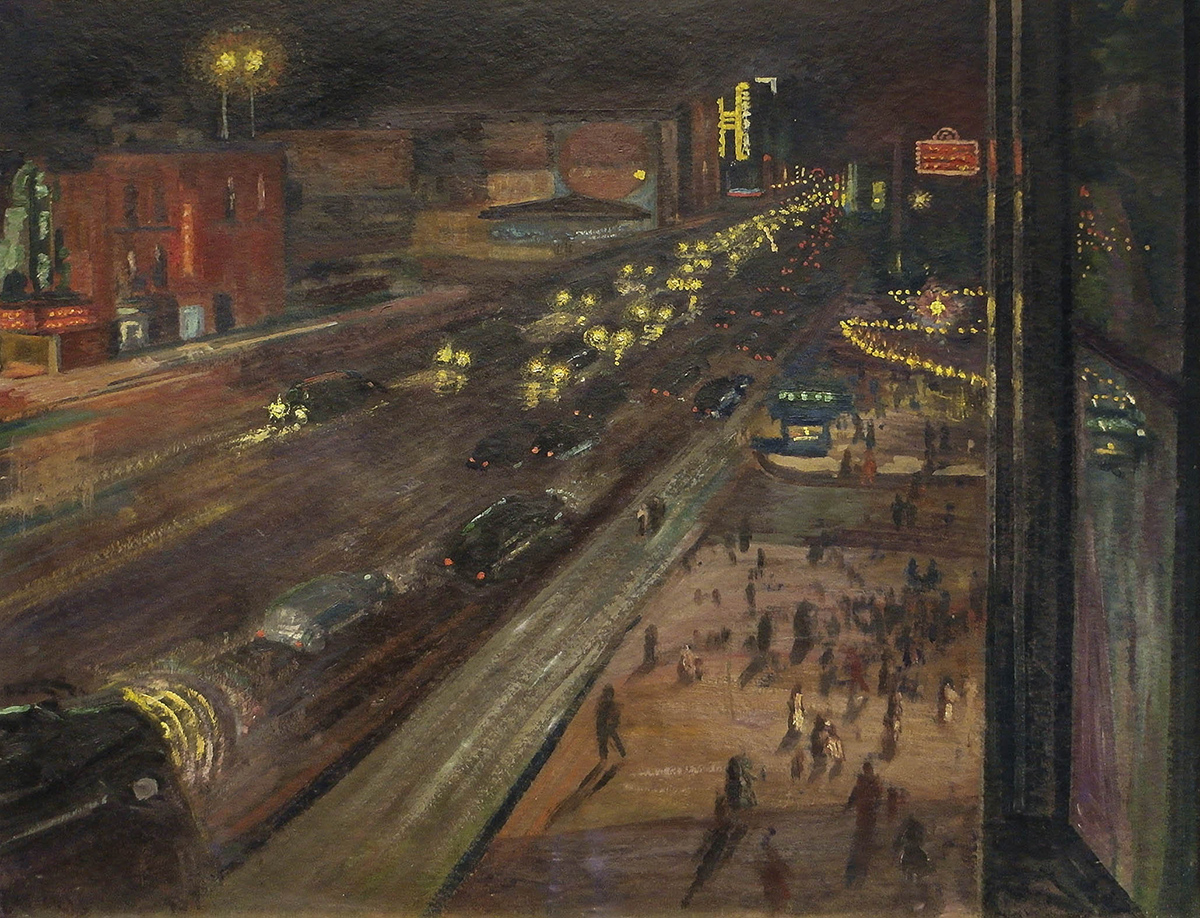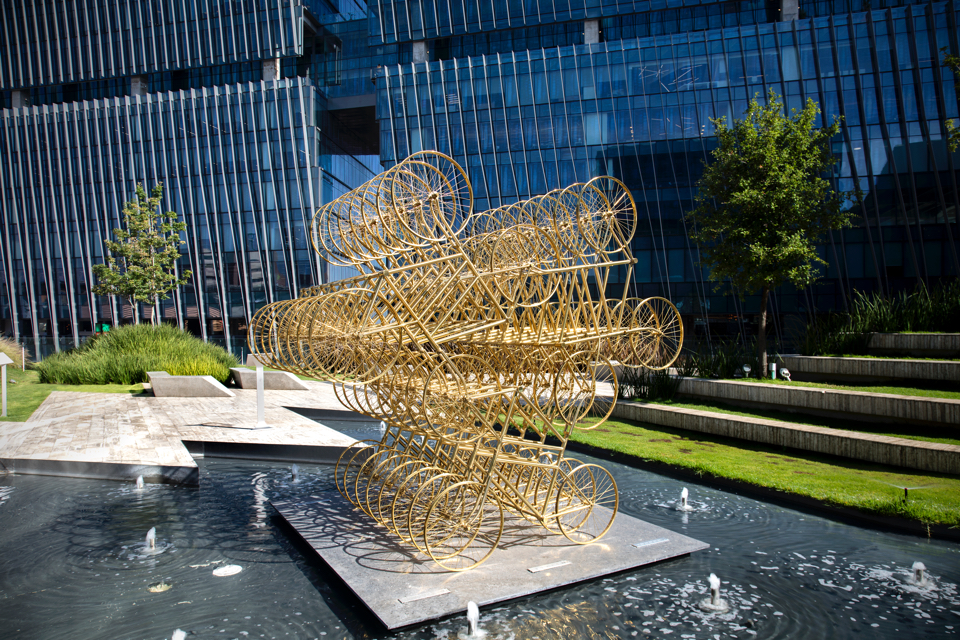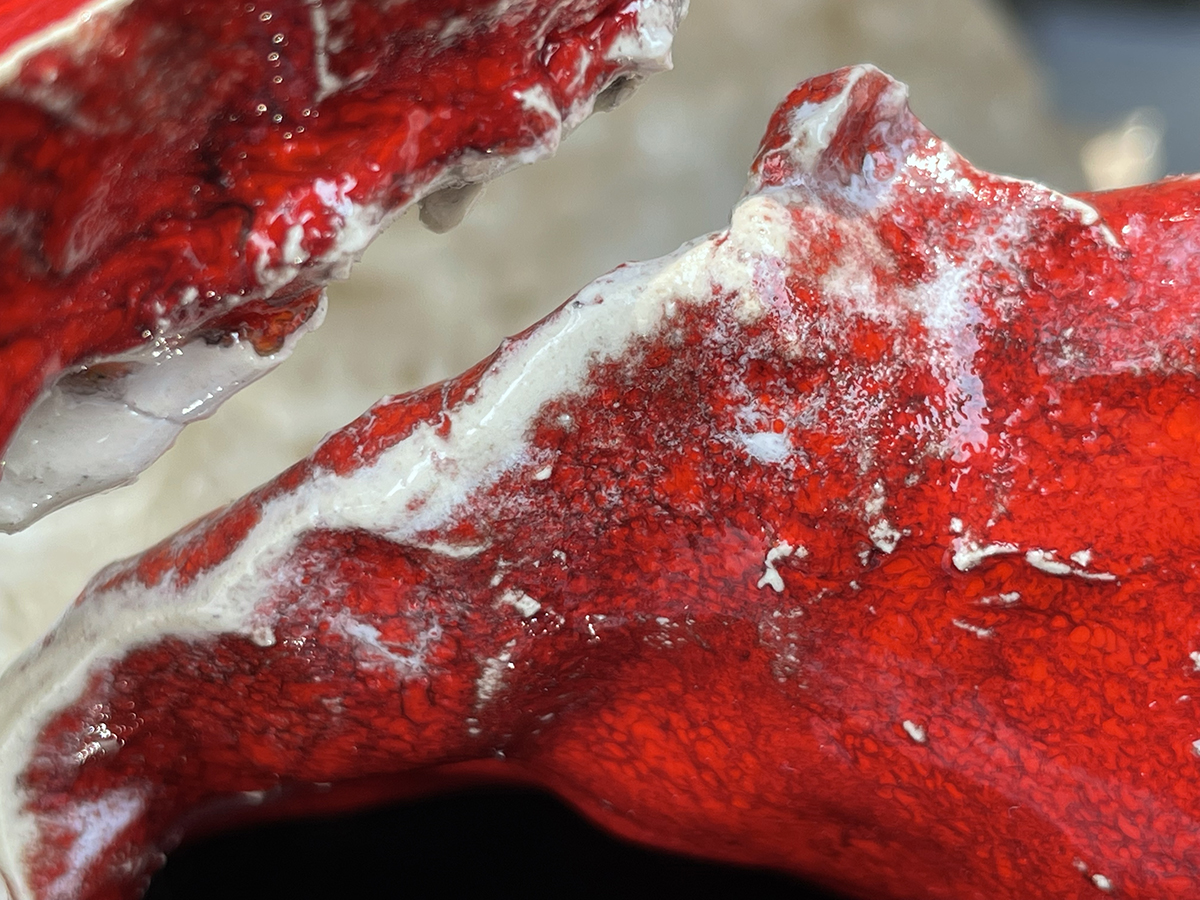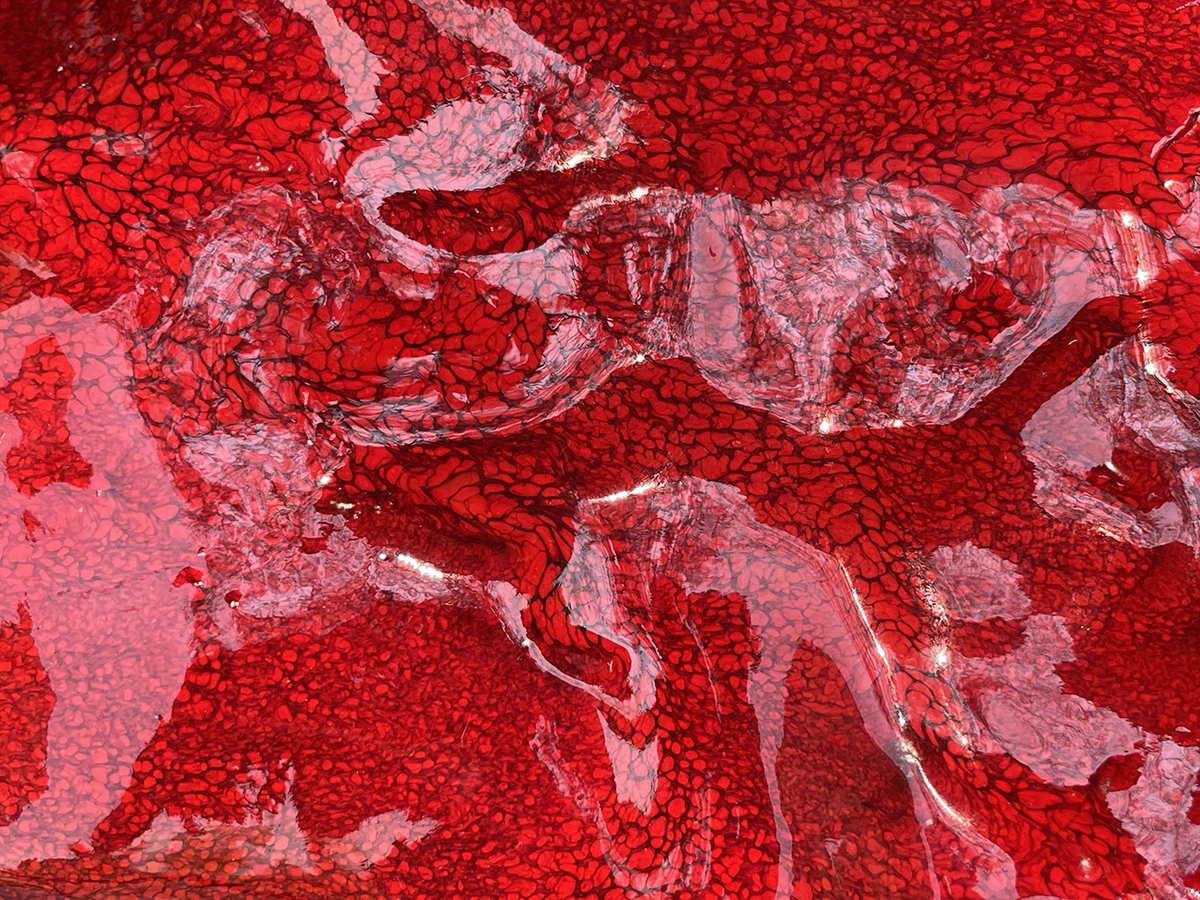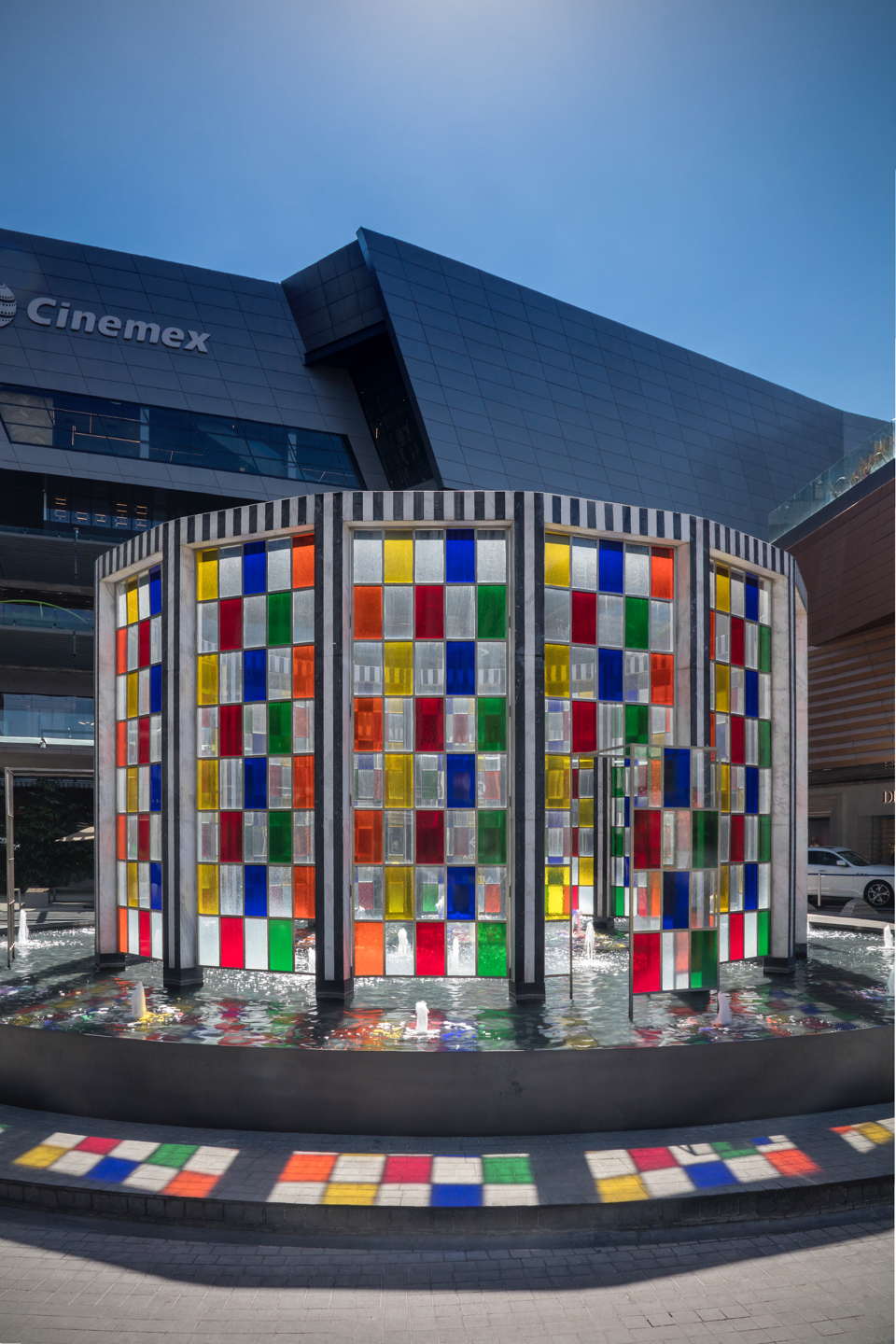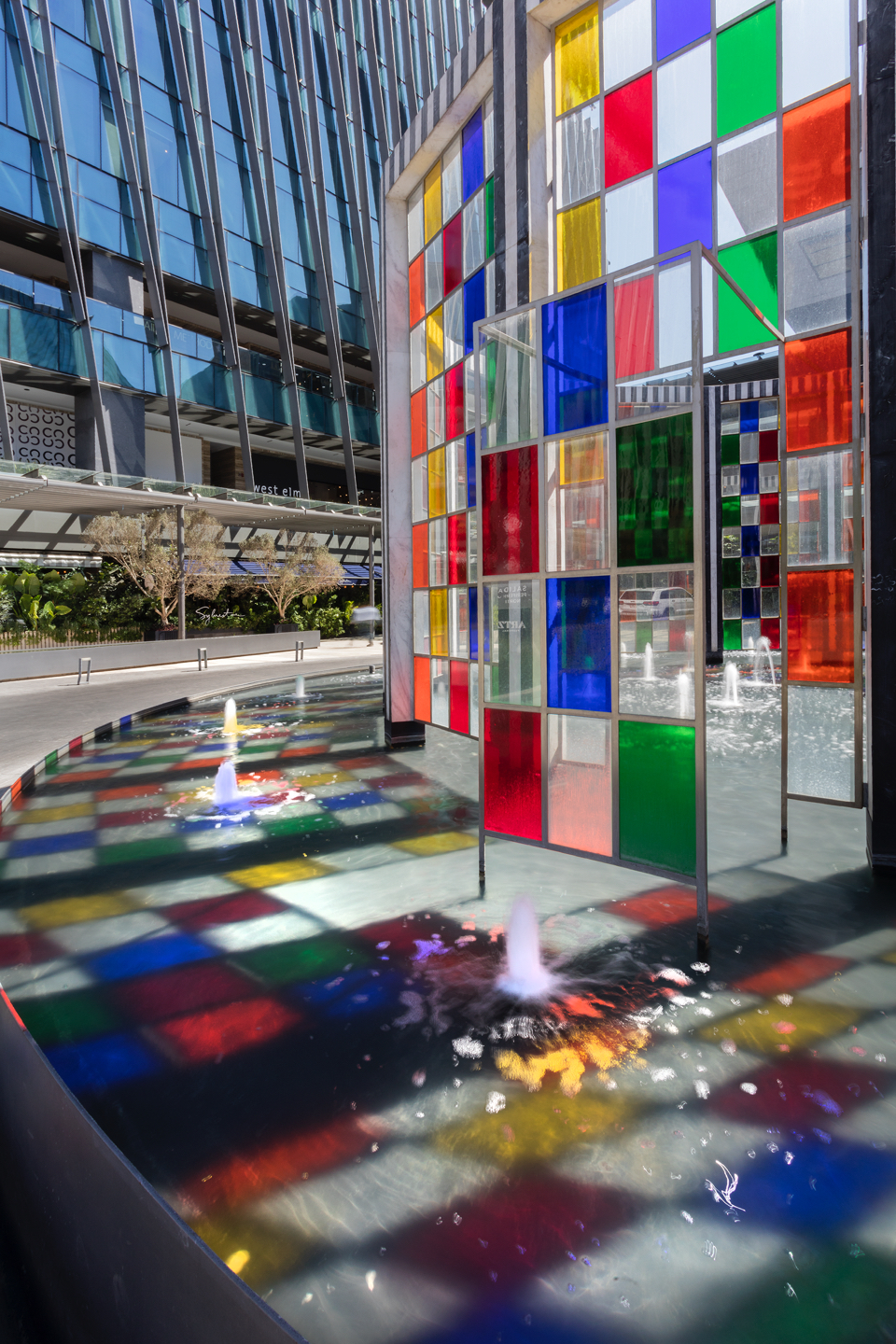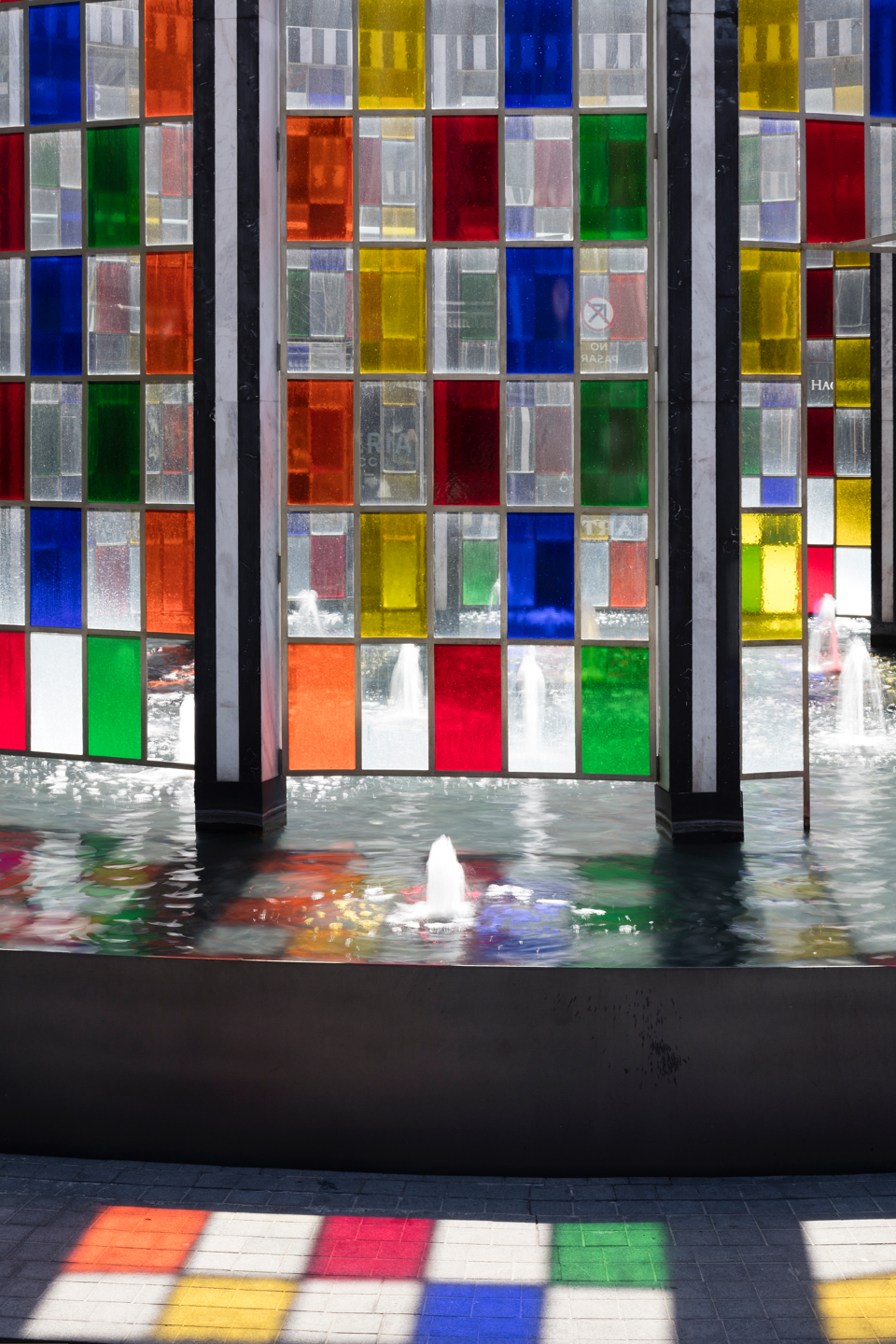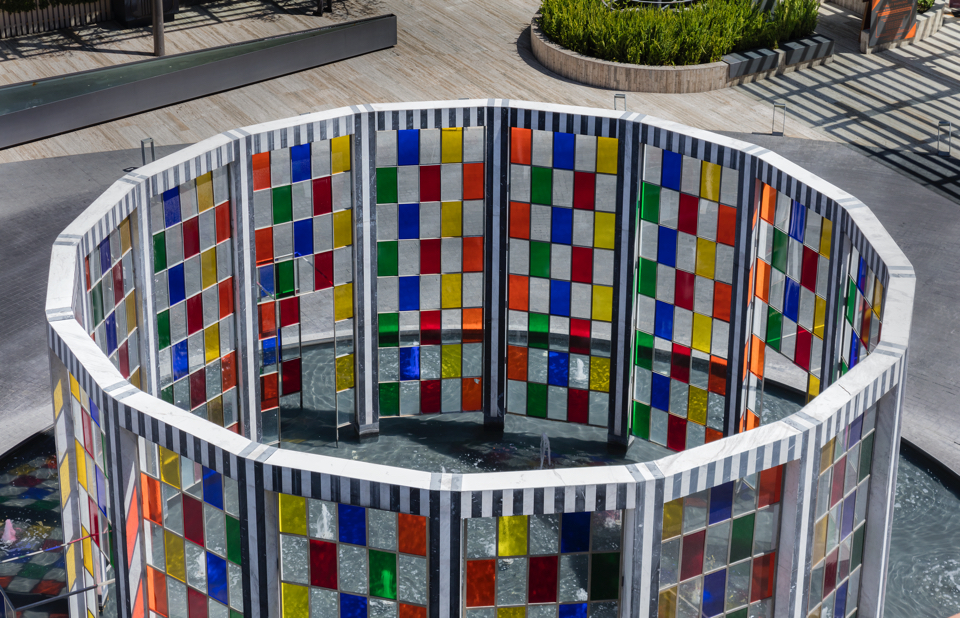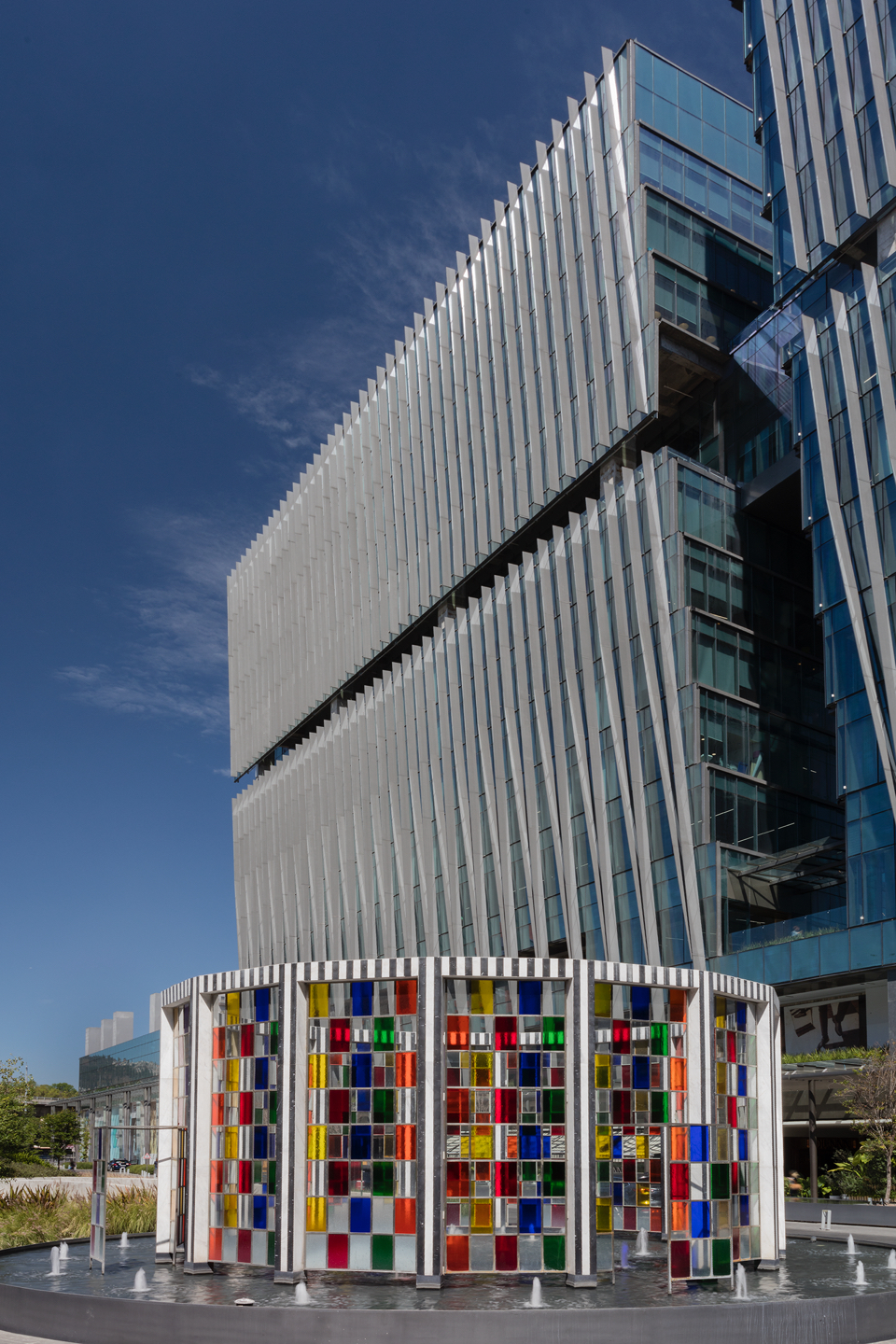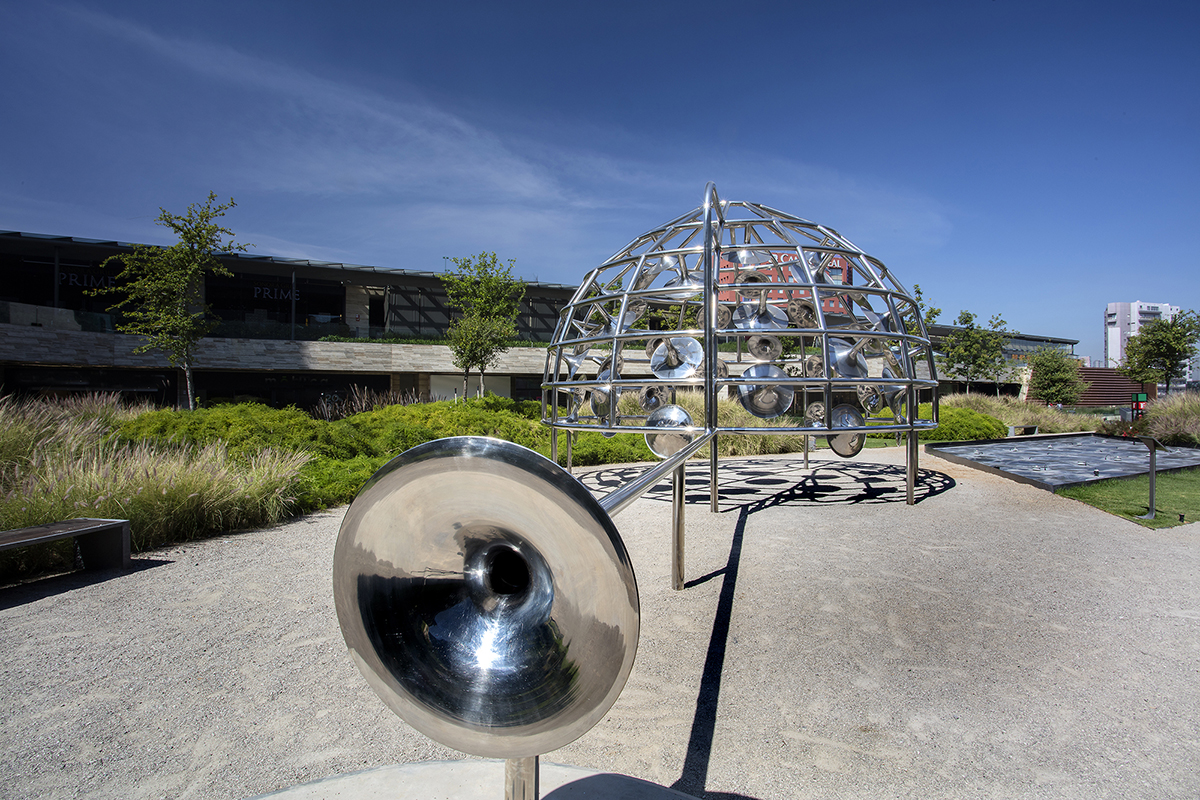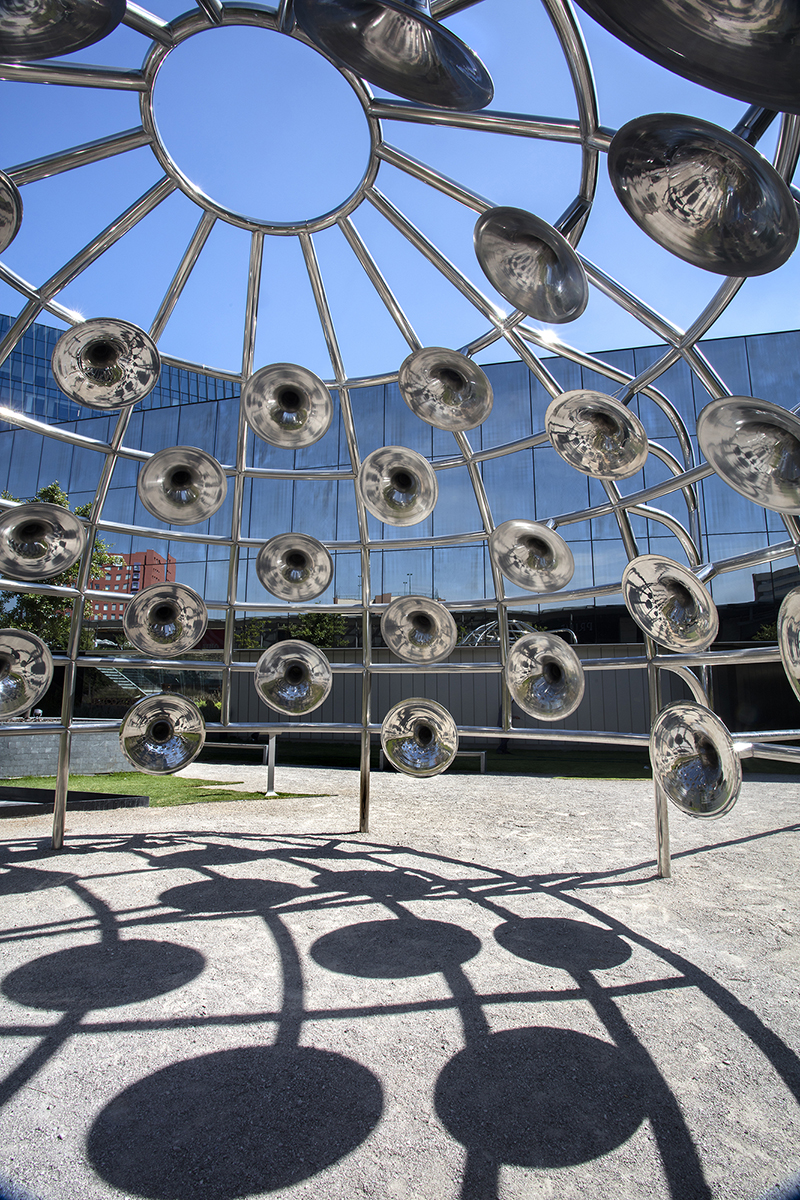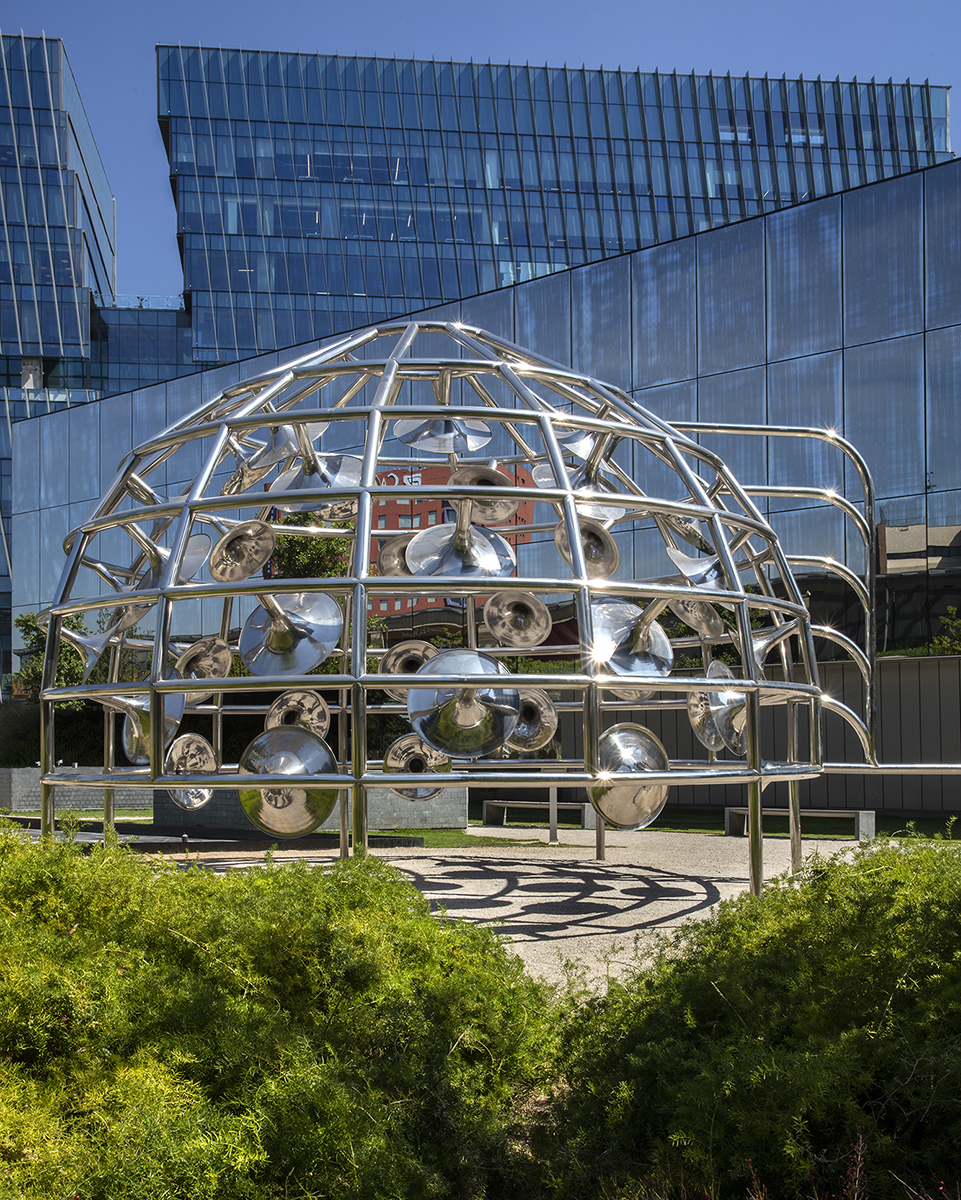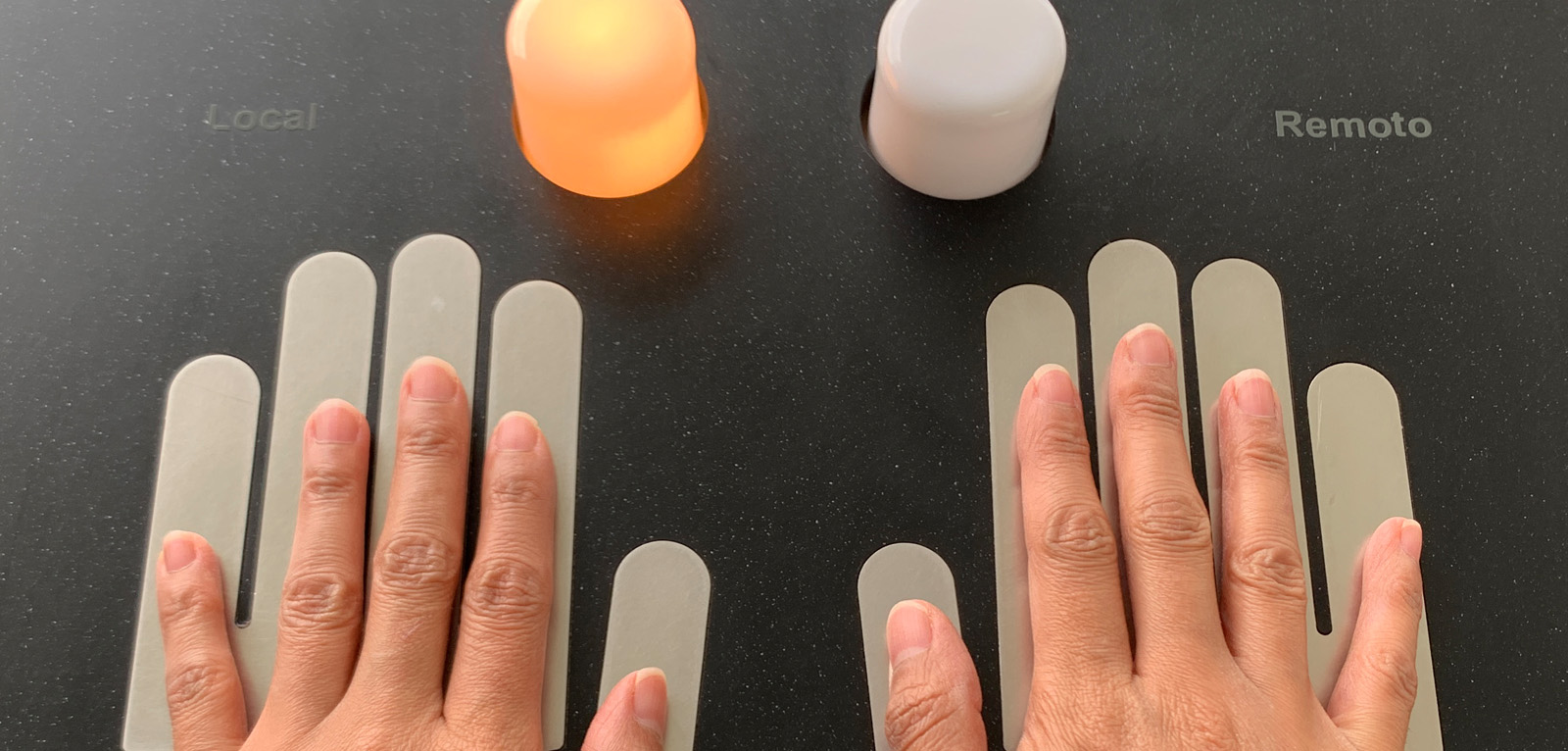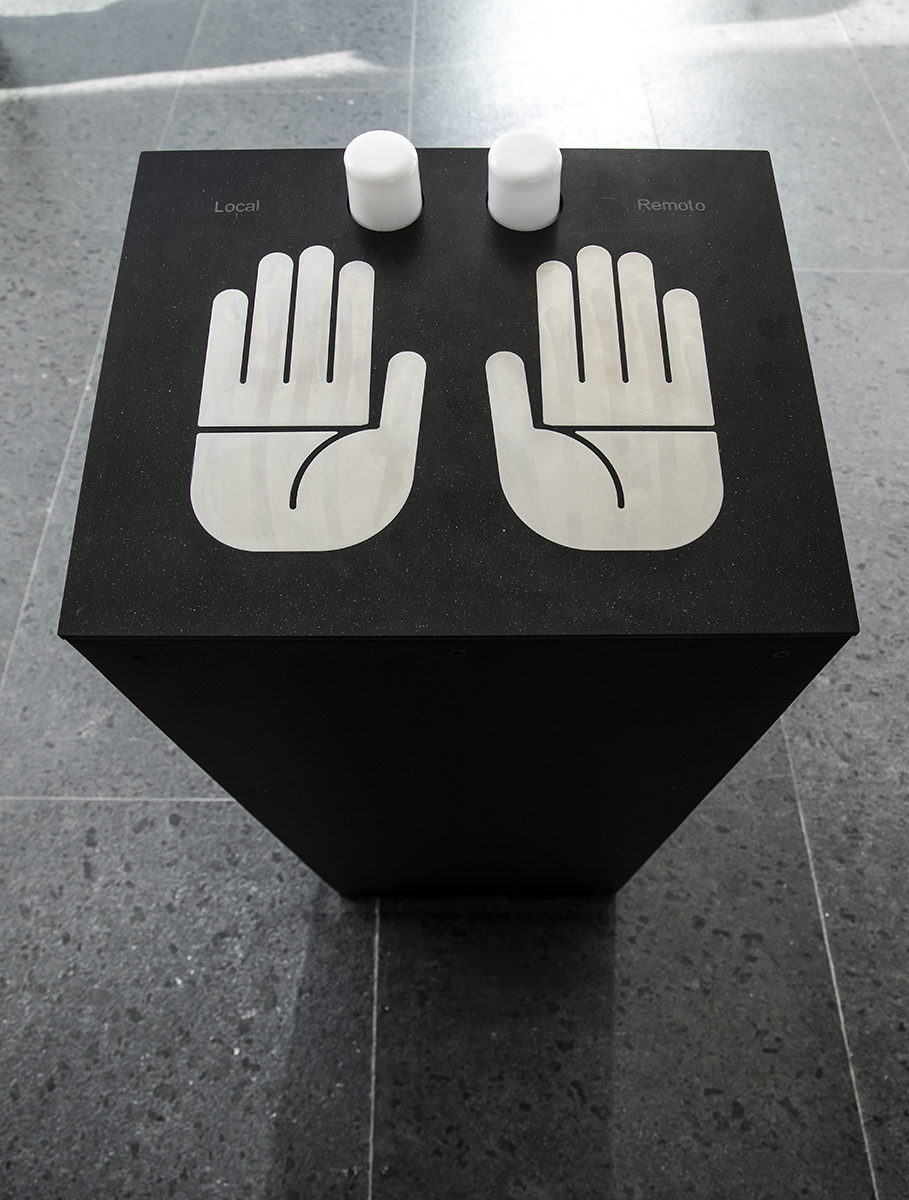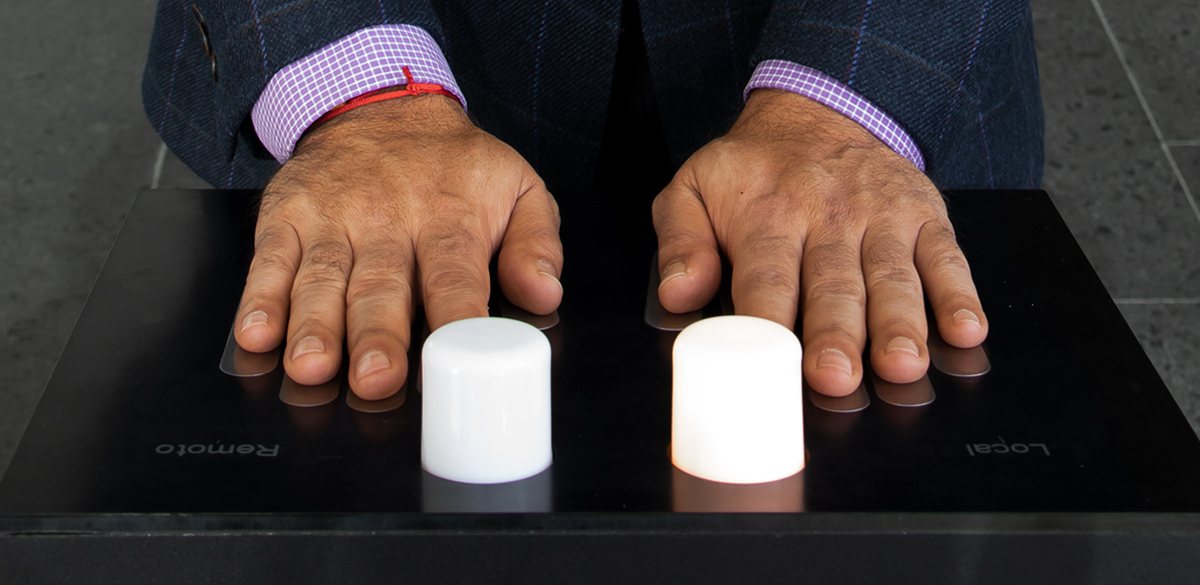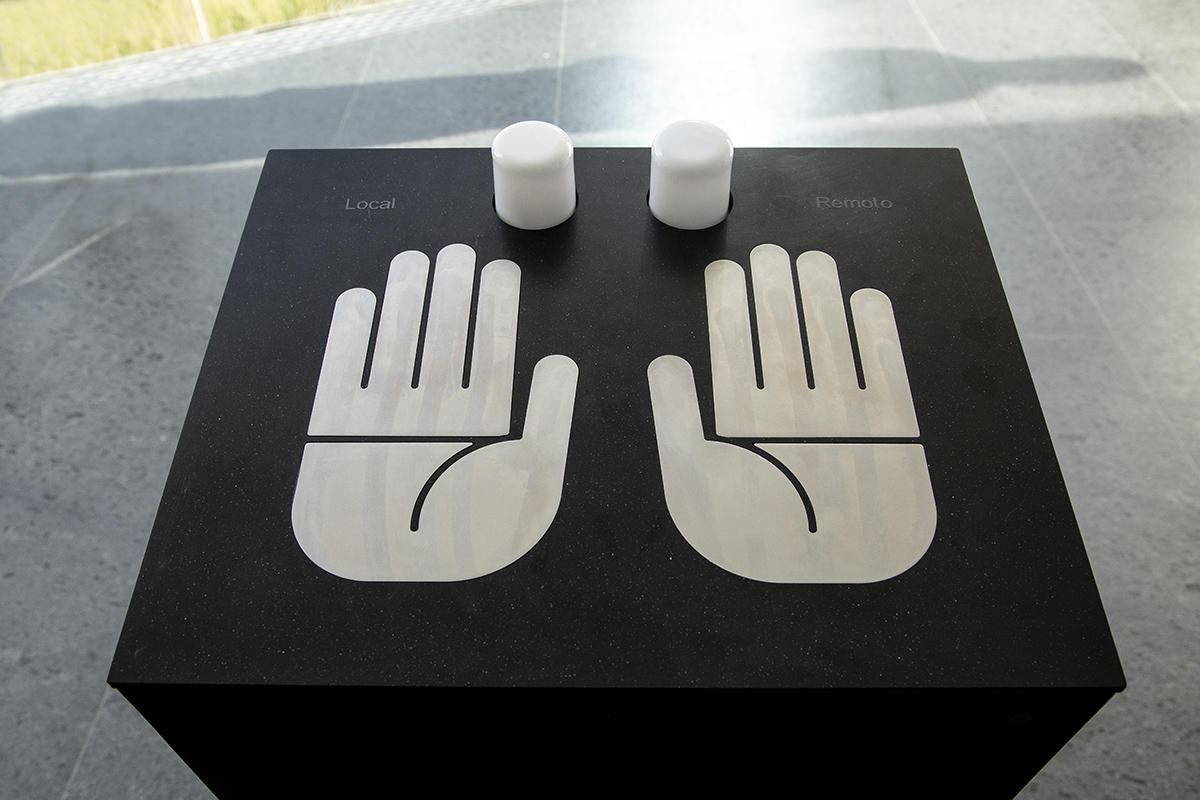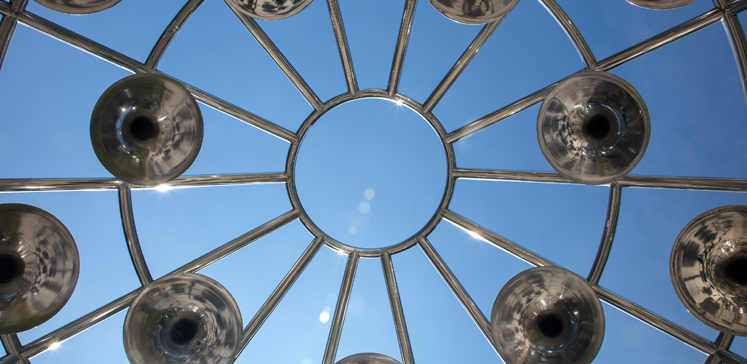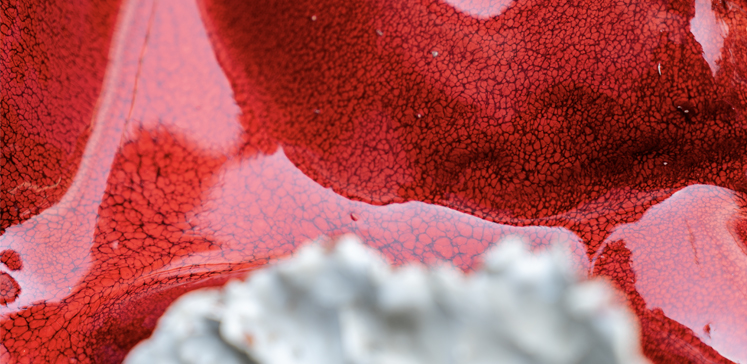03 Dec ARTE ABIERTO ABRE NUEVA SEDE EN BAJA CALIFORNIA SUR 🗓 🗺
• Arte Abierto Baja trabajará por medio de la colaboración con artistas y agentes culturales locales, aprendiendo sobre el entorno y las personas, trazando conversaciones sensibles y espontáneas, sin la figura del curador como mediador.
• Arte Abierto propone un modelo donde el arte se construye desde la interacción, la experiencia y el diálogo con los públicos.
• Abre las puertas de su nuevo espacio con una instalación del artista mexicano Abraham Cruzvillegas.
Arte Abierto se complace en anunciar la apertura de Arte Abierto Baja, su nueva sede en el corazón de Cabo del Sol, ubicado dentro del complejo arquitectónico de Ánima Village. La instalación que presentamos para la inauguración de nuestro espacio es del artista mexicano Abraham Cruzvillegas.
Con la apertura de Arte Abierto Baja, la Fundación amplía su visión iniciada en 2019 en la Ciudad de México: un modelo de gestión cultural que busca derribar barreras entre el arte contemporáneo y diversos públicos, privilegiando la experiencia directa, la interacción y el aprendizaje colectivo.
Arte Abierto Baja, es un espacio que funcionará como un laboratorio experimental para la creación y difusión de proyectos artísticos. Inspirados en la filosofía de los complejos arquitectónicos de Grupo SOMA.
Hasta ahora lo que nos ha diferenciado de otros proyectos culturales, y que queremos seguir conservando, es nuestro modelo de gestión cultural, que busca entablar un vínculo real con una amplia gama de públicos para estimular el aprendizaje y las experiencias creativas más allá del ámbito especializado e incluso museístico.
>> La nueva sede se divide en dos espacios arquitectónicos:
El primero: un contenedor de concreto de 179 m2 y 6 metros de altura, sin techo, diseñado para recibir piezas creadas especialmente para el contexto. Aquí, el Programa de Comisiones y Exposiciones albergará artistas nacionales e internacionales quienes desarrollarán obras site-specific que dialoguen con el territorio y sus comunidades.
El segundo: será un espacio que dé vida al Programa Público de Arte Abierto, con multiactividades, diseñado para recibir talleres, procesos abiertos, encuentros con artistas jóvenes y actividades multidisciplinarias. Un territorio fértil dedicado al apredizaje, la convivencia y la exposición a nuevas experiencias creativas para la comunidad local.
>>
La instalación que inaugura el espacio dedicado al Programa de Comisiones y Exposiciones: una obra creada desde el territorio por Abraham Cruzvillegas.
Autorretrato flameante, mirando al mismo tiempo a dos mares, asomándome para tirar guiños a los cardones, las chirinolas, los cirios, las biznagas, los alicoches, los lentiscos, las yucas, los saladitos, las jojobas, los chamizos, las pitayas, los chilicotes, las choyas, los ocotillos, y al tecolote llanero, mientras me tumbo un par de tostadas de abulón y almeja chocolata, junto con sus buenos guarapos, una kawazaki rusa bien helodia, y un licor de damiana, escuchando la sublime ‘El invisible’, mientras tiro un chiflido llanero que se escuchará en toda la península, antes de que llegue el ferry, 2025
Pintura, acero
Medidas variables
- Inicia DIC.05.2025
- L-D _ 11AM-9PM
- Entrada libre
- Arte Abierto Baja | Ánima Village, Cabo del Sol, Cabo San Lucas, B.C.S.
>>
Para descargar el comunicado de prensa entra aquí
>>



